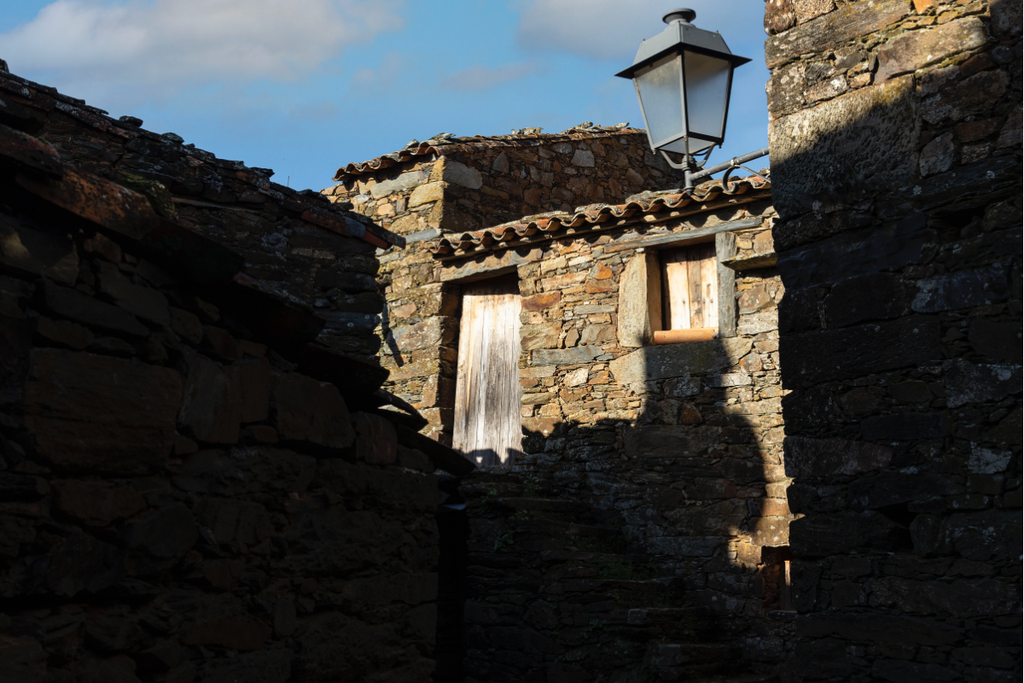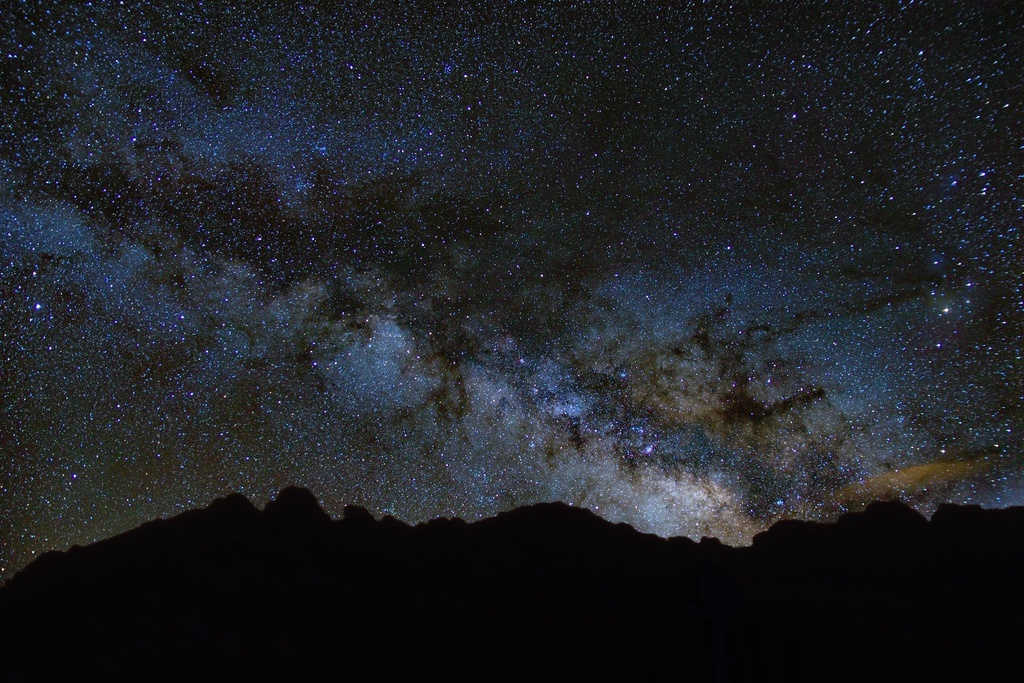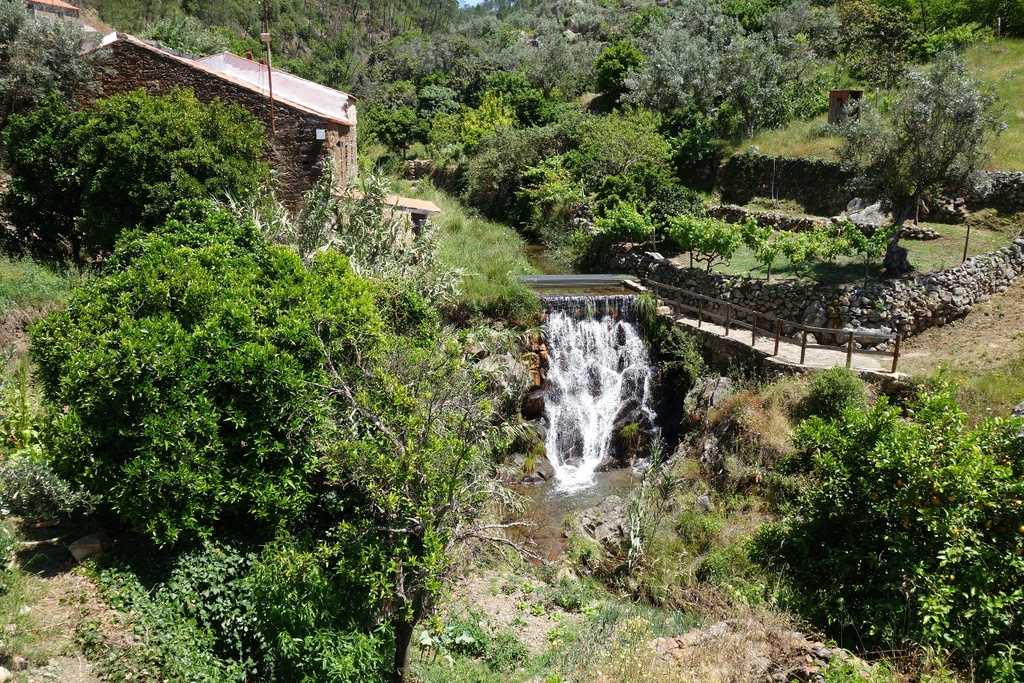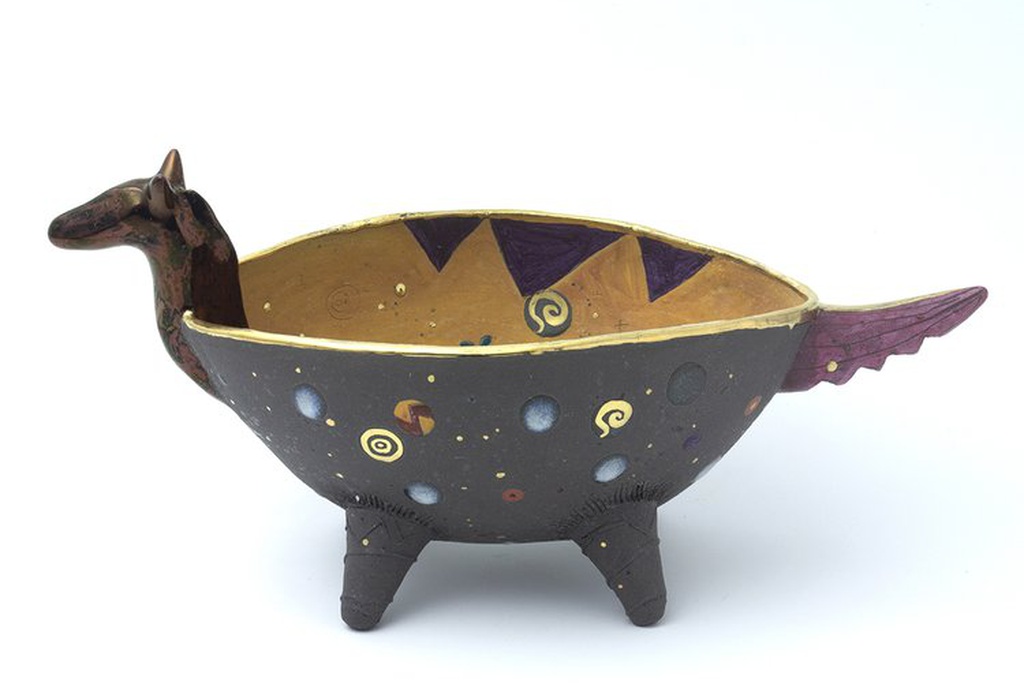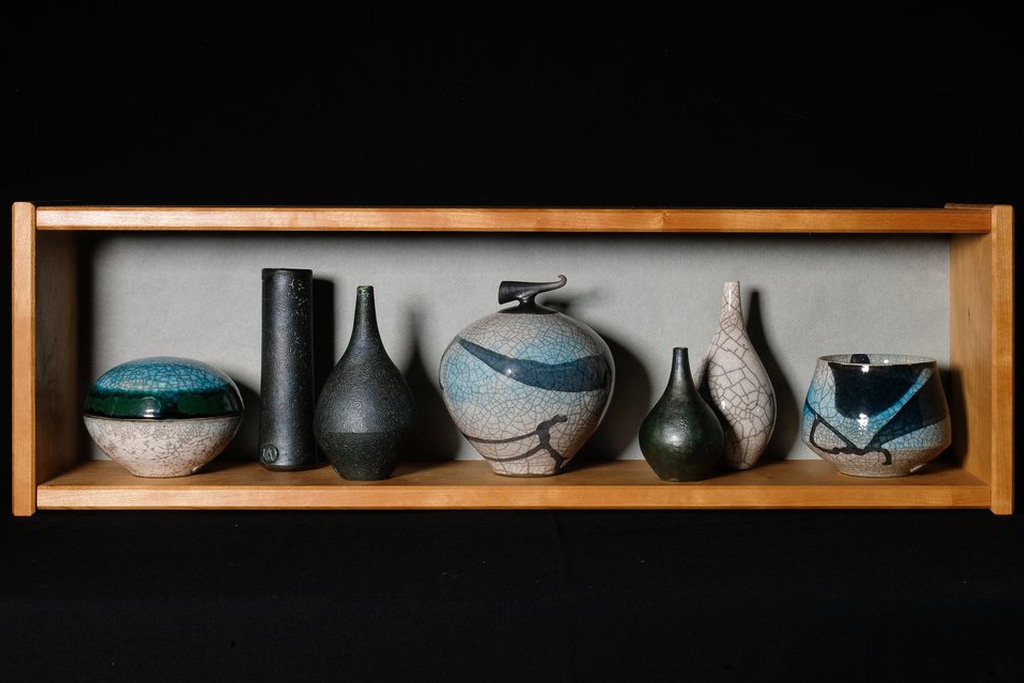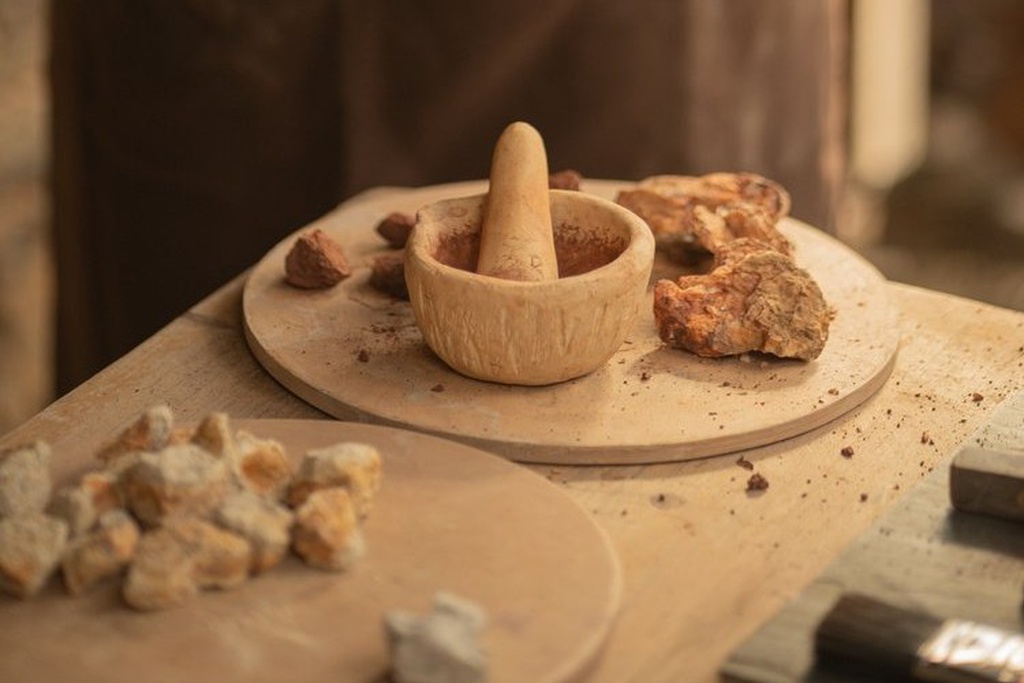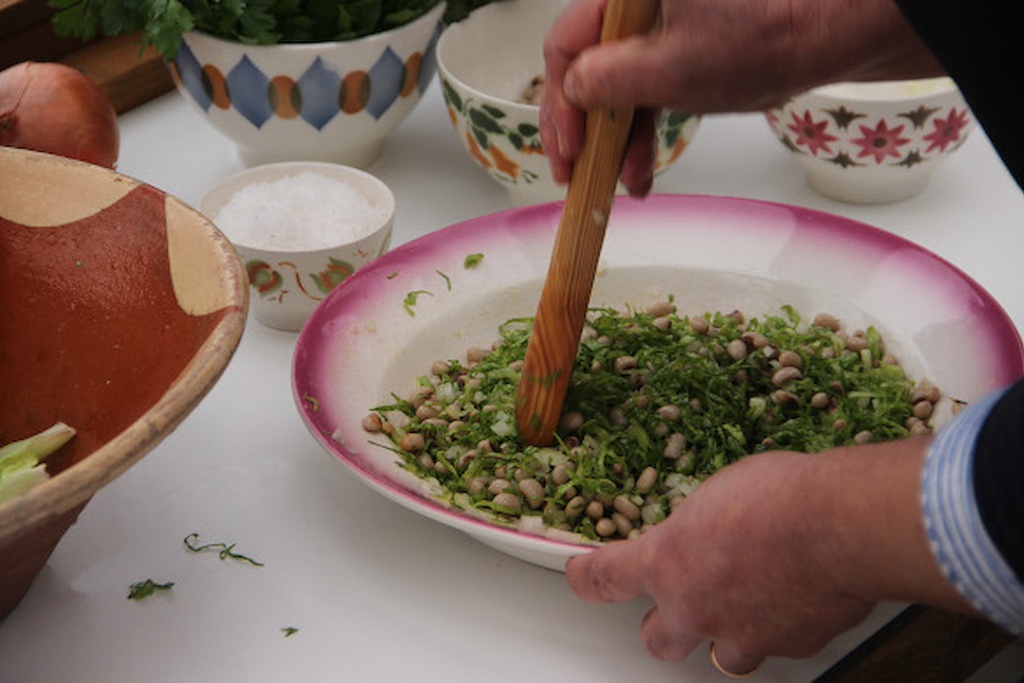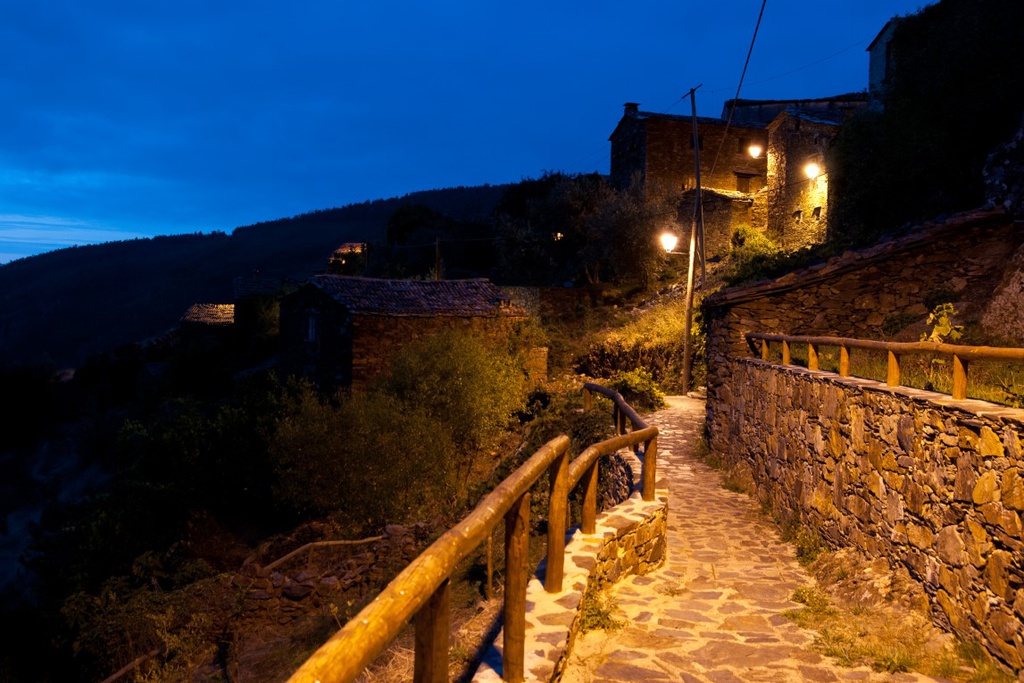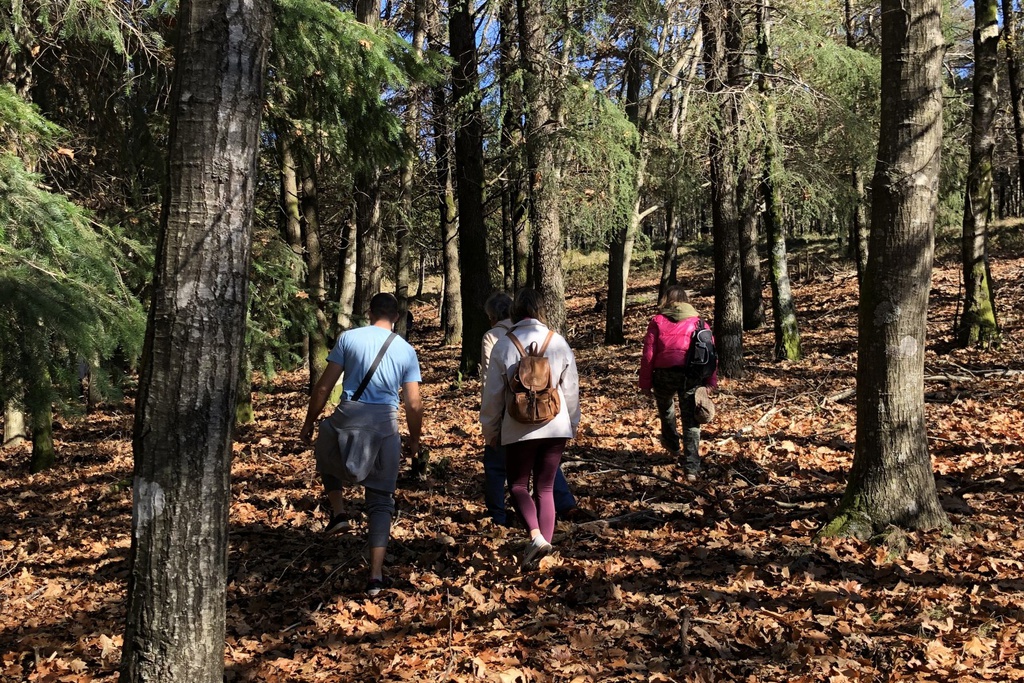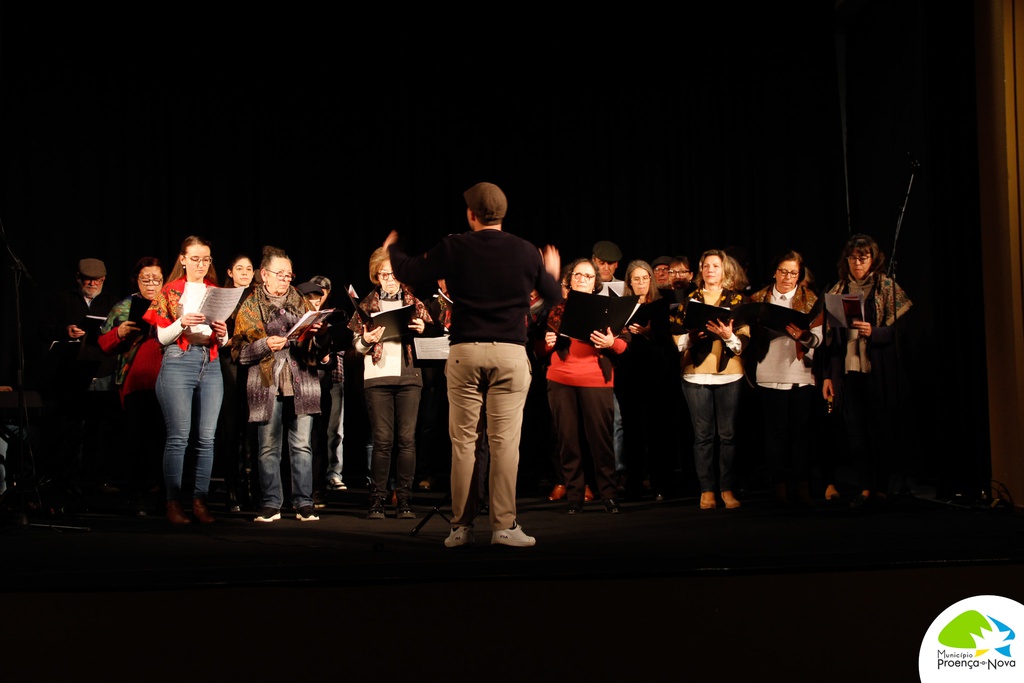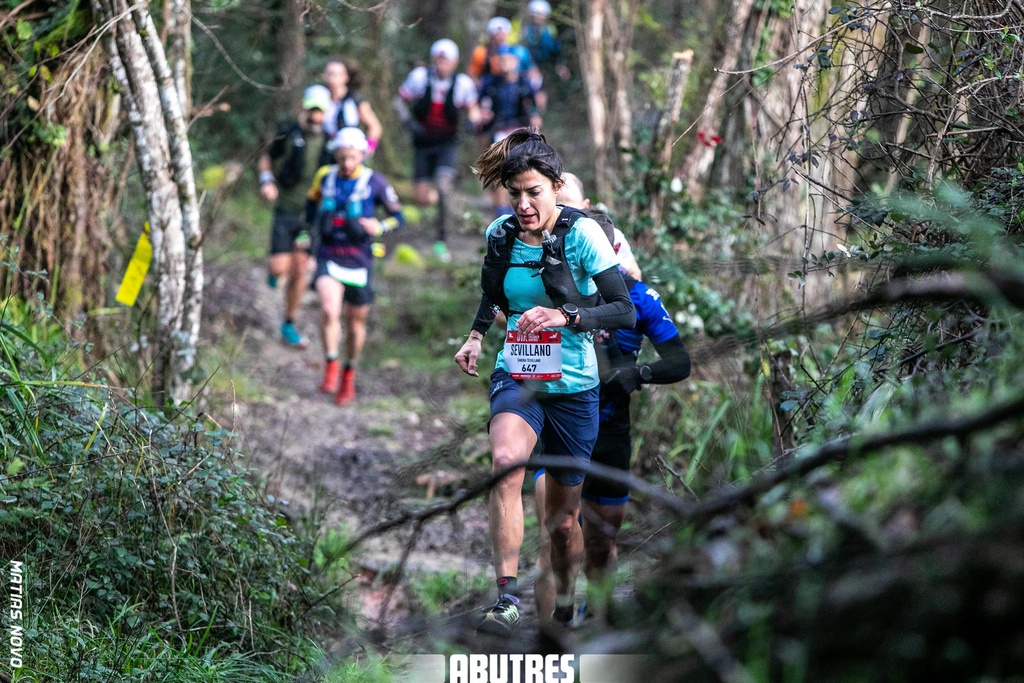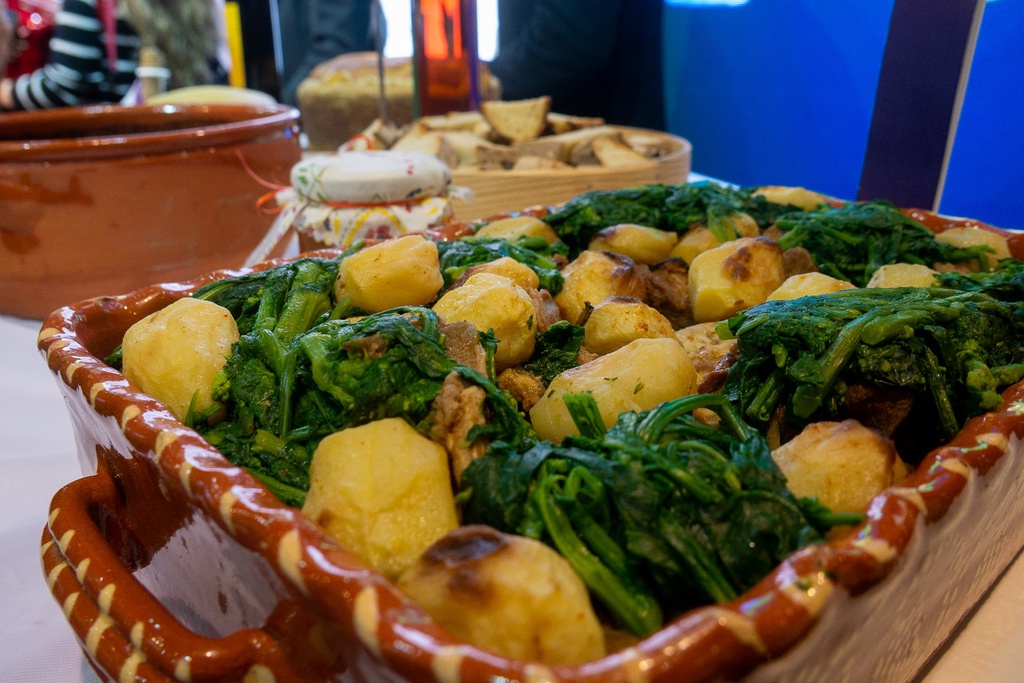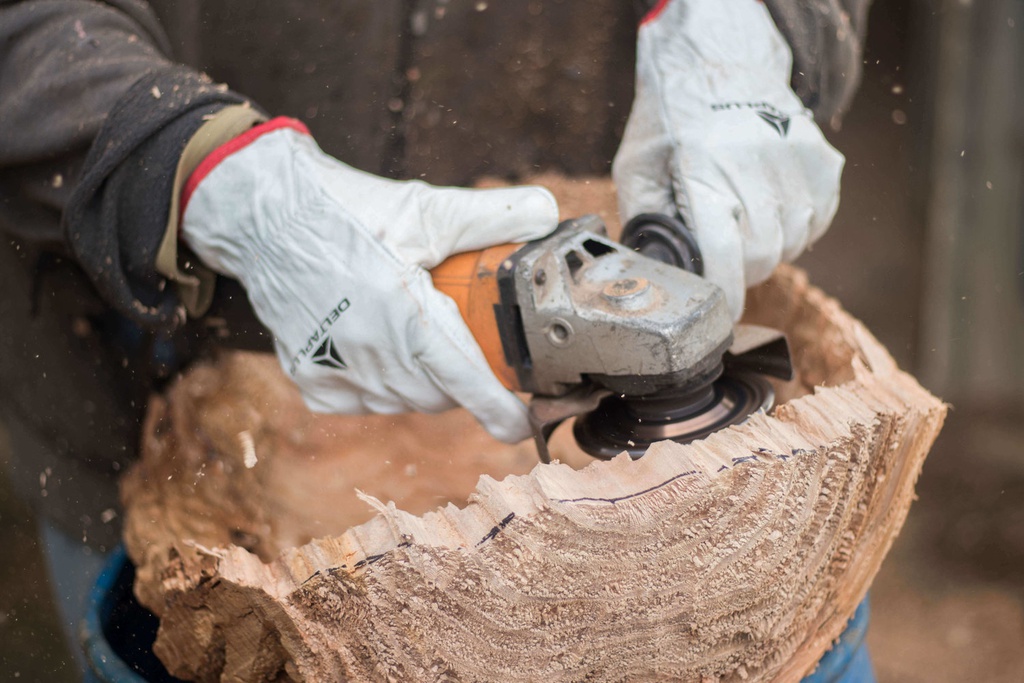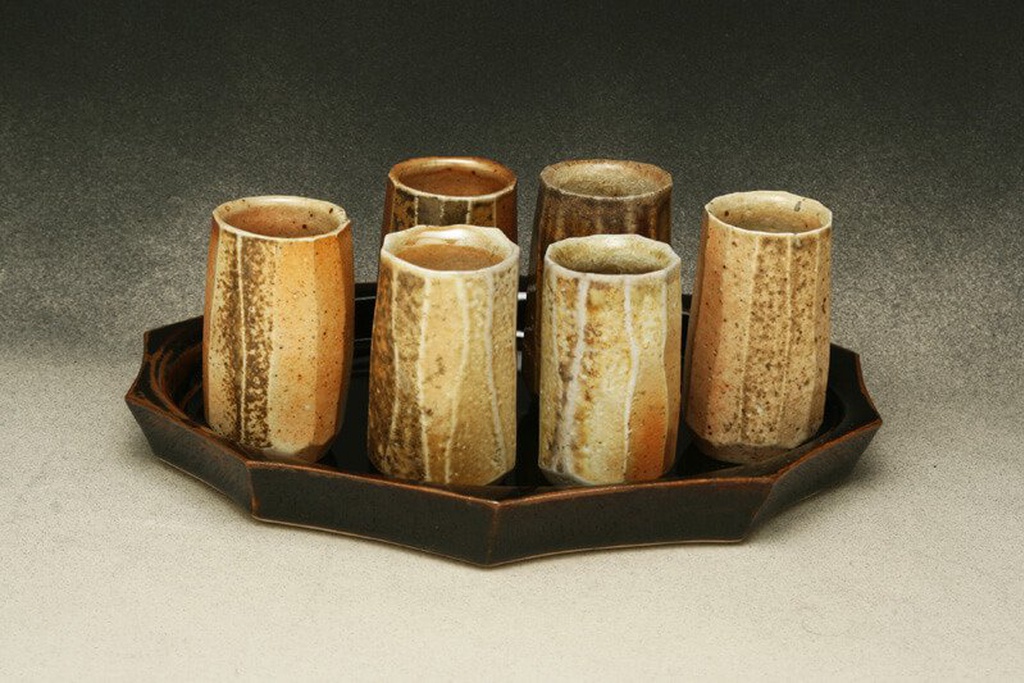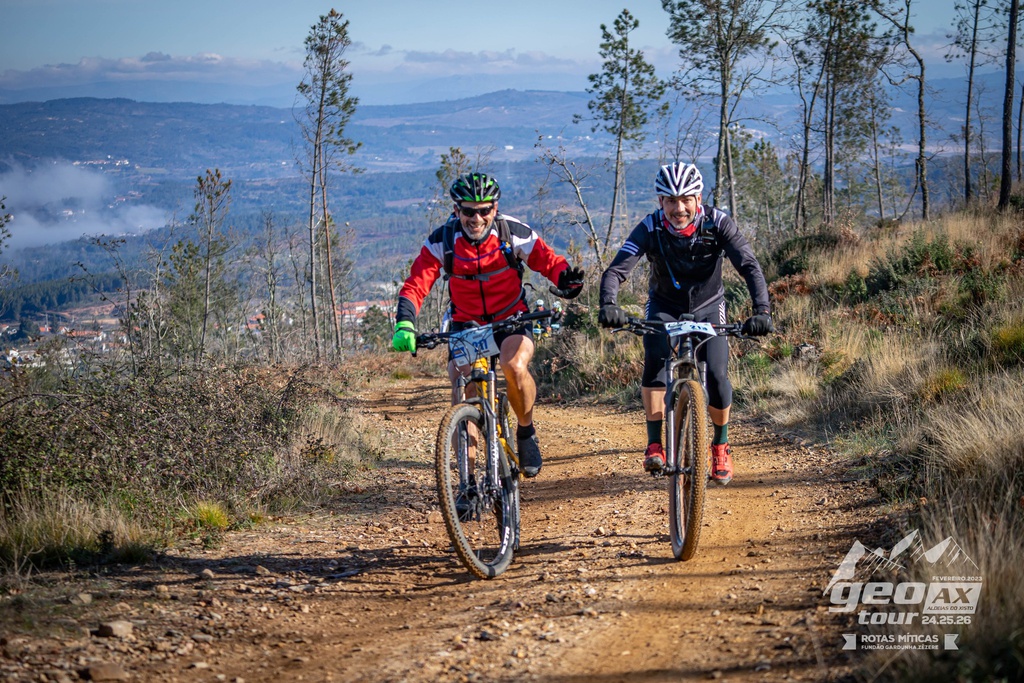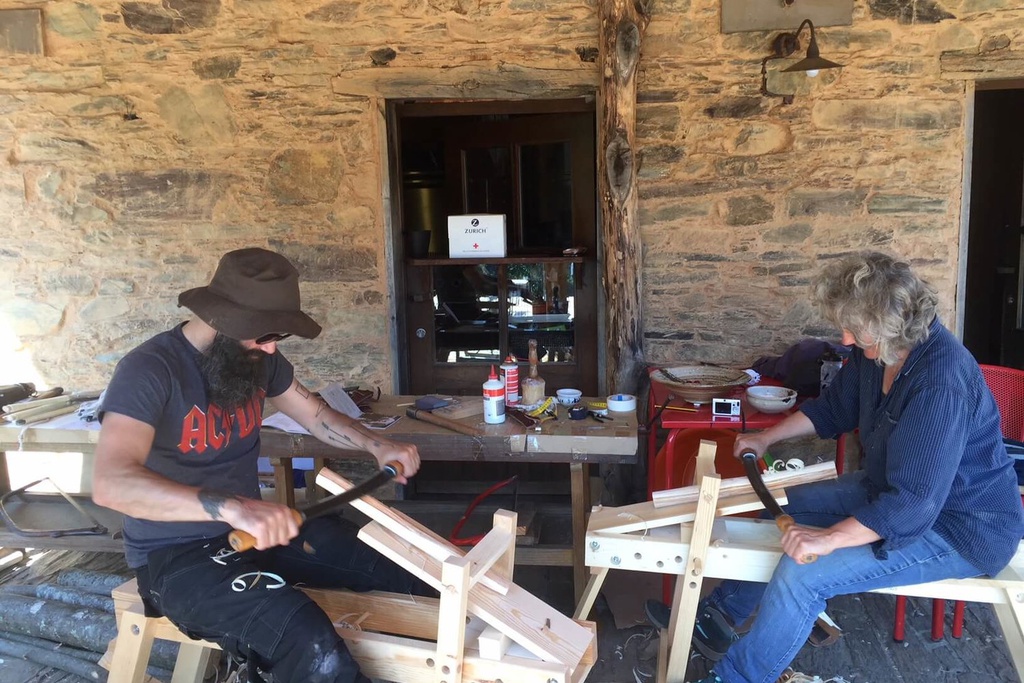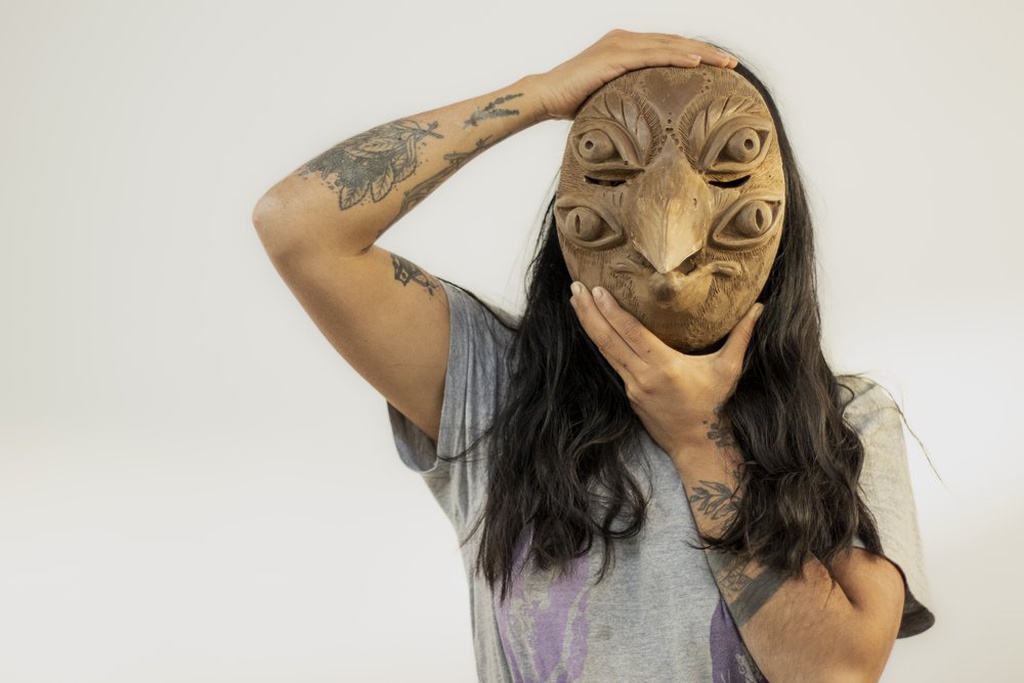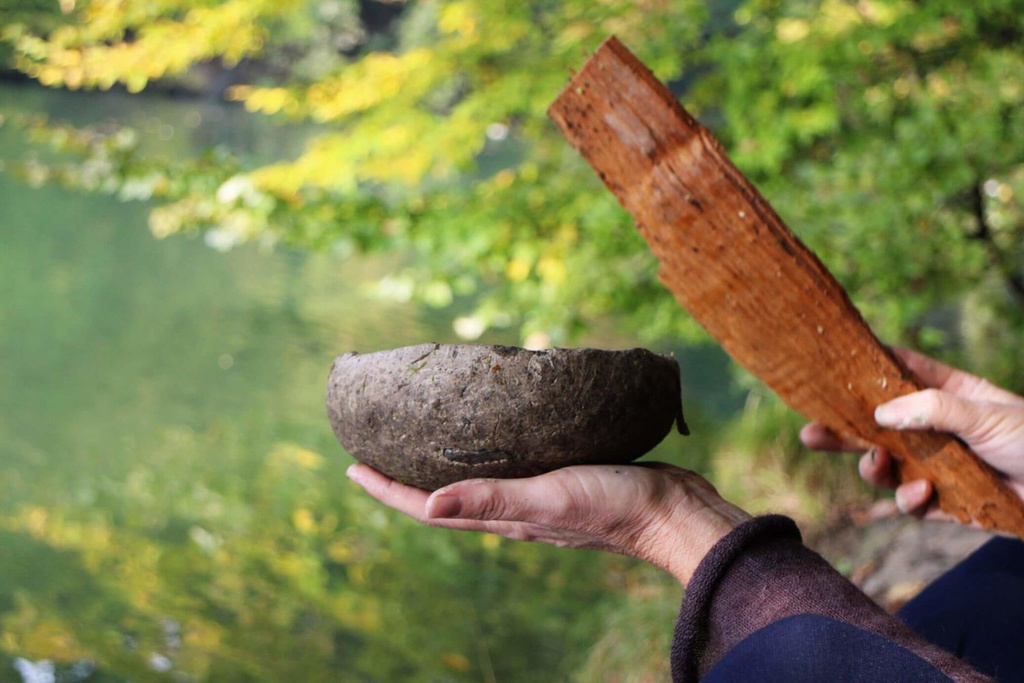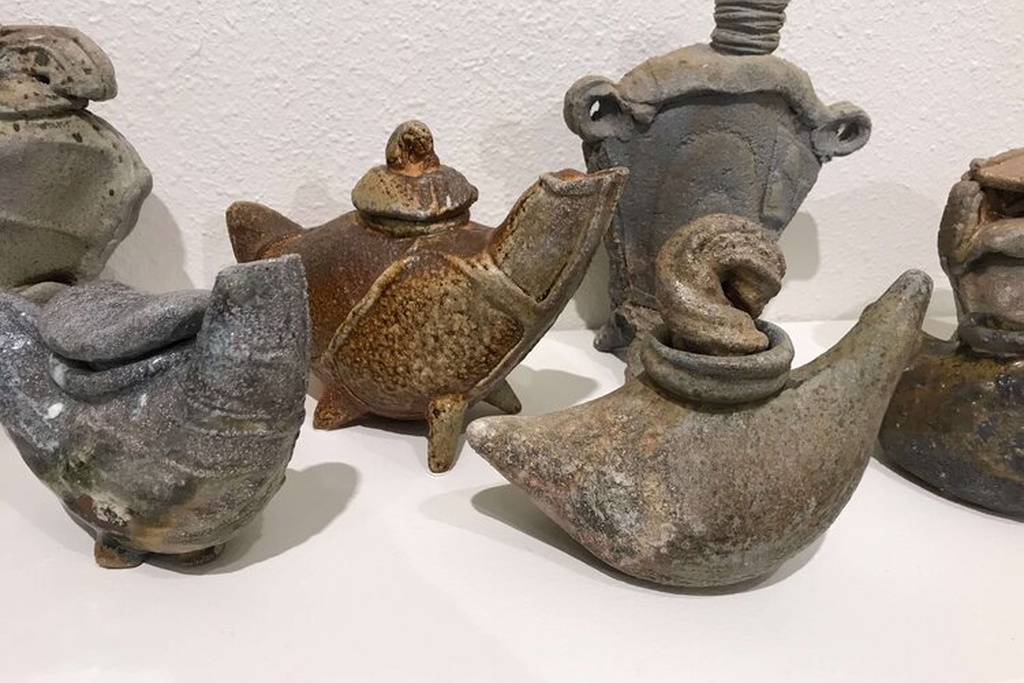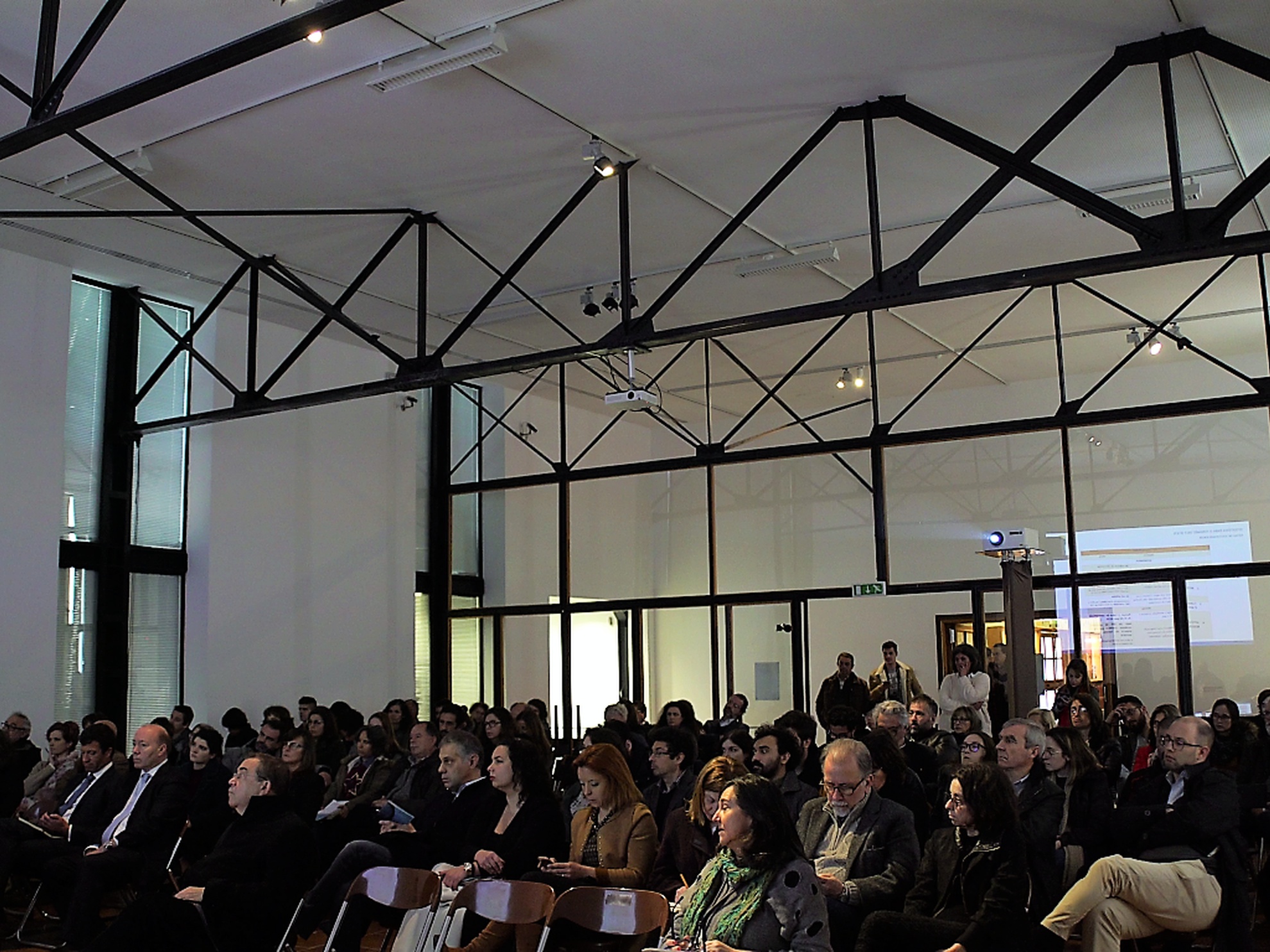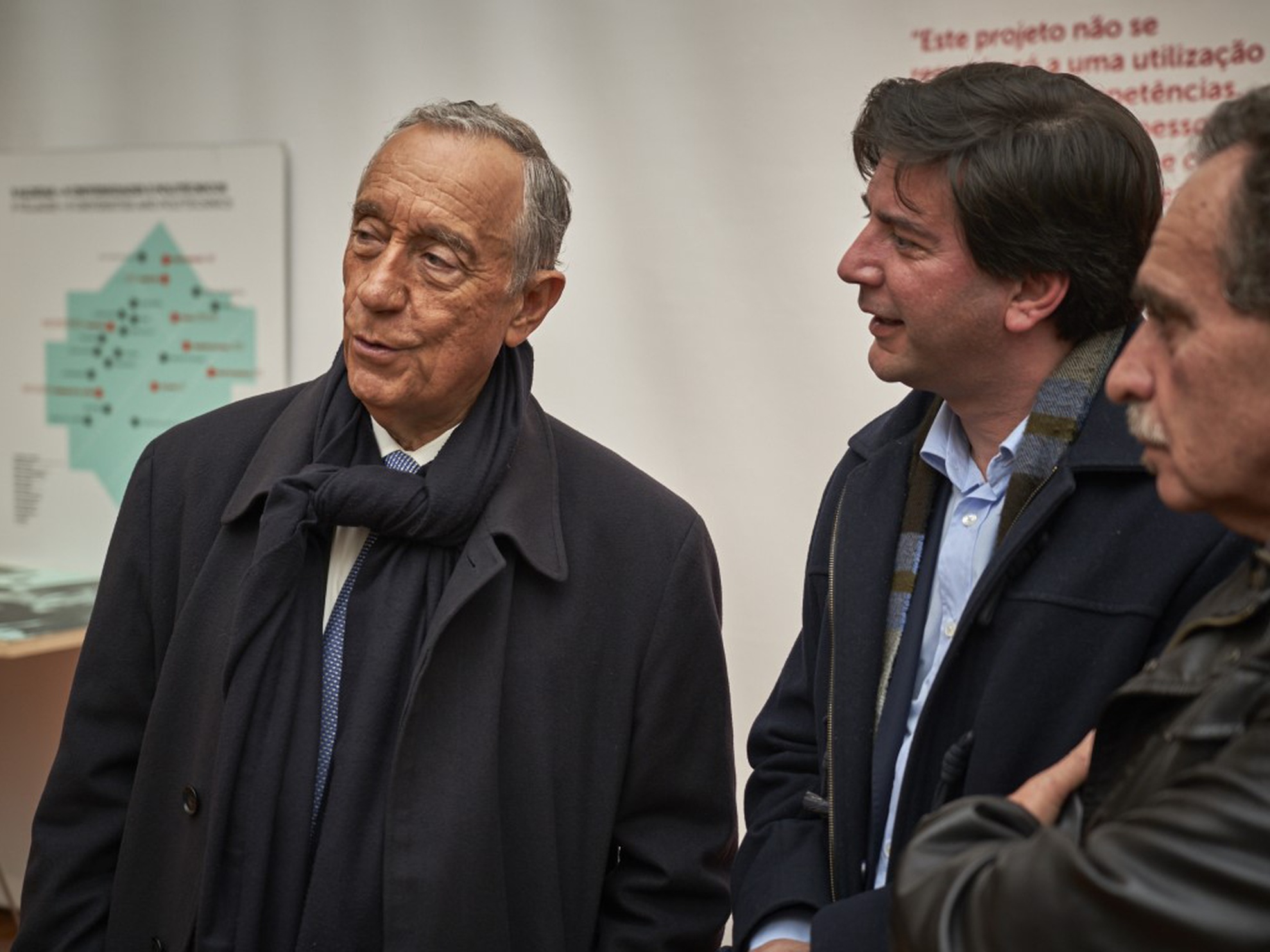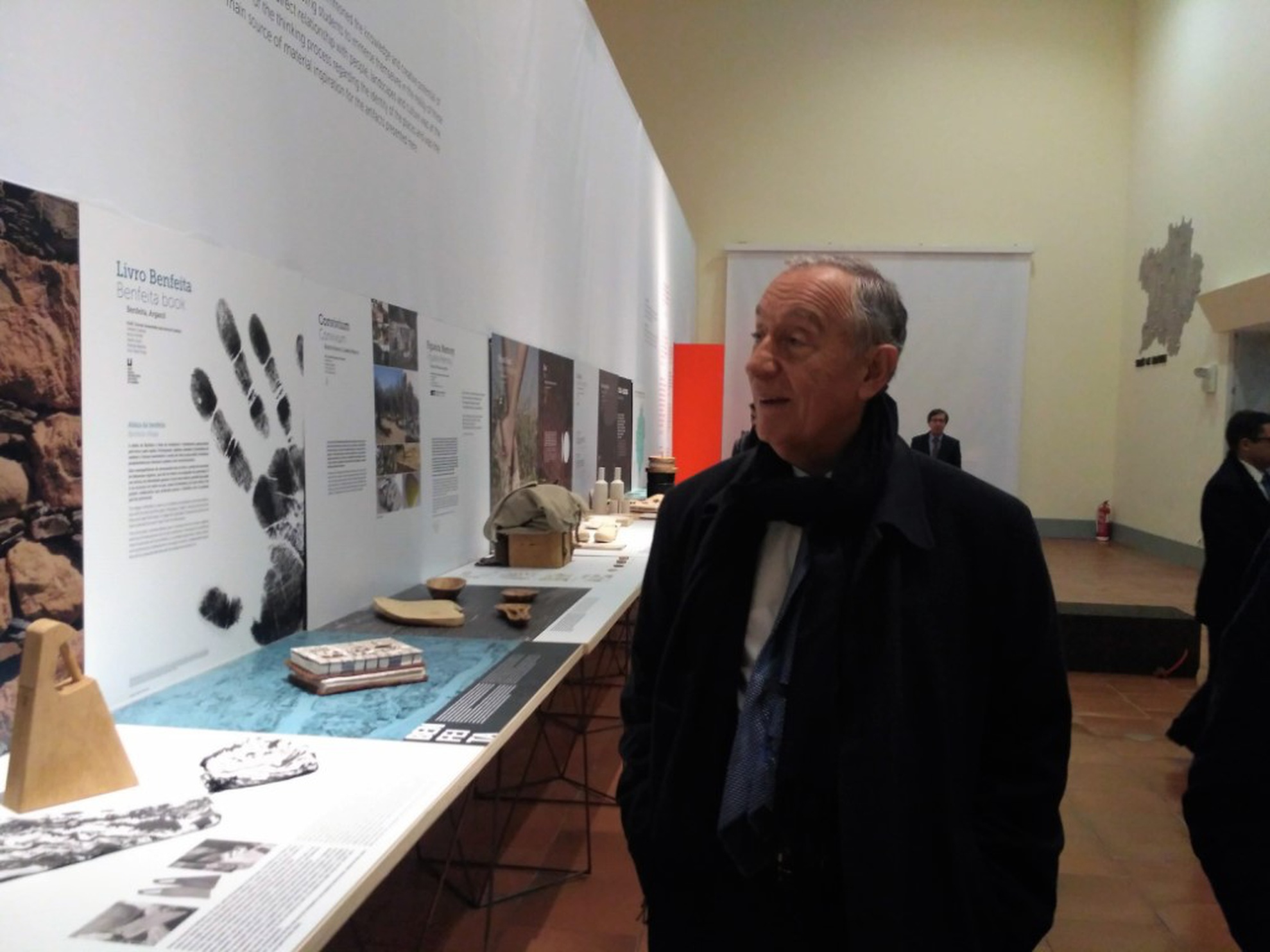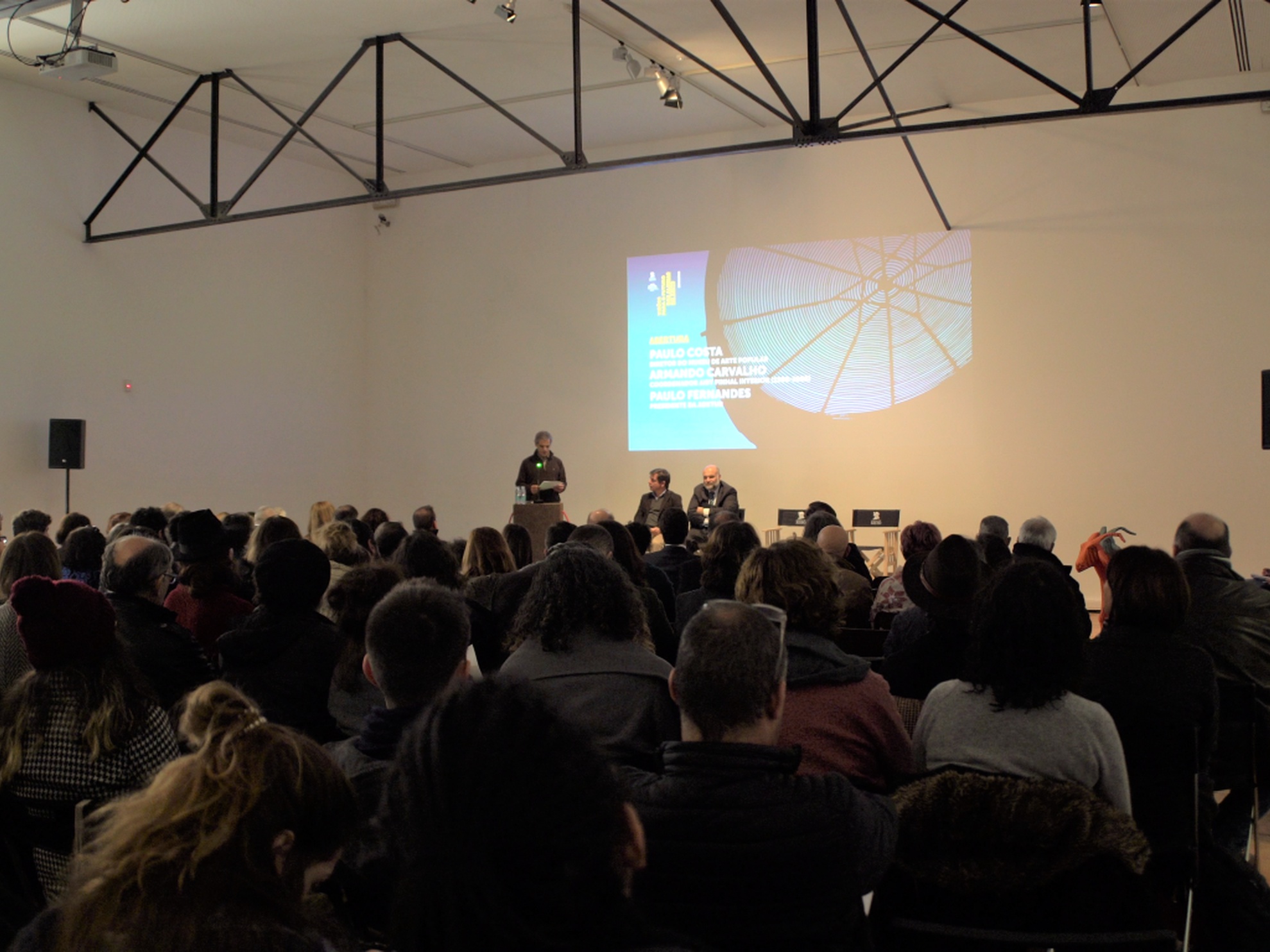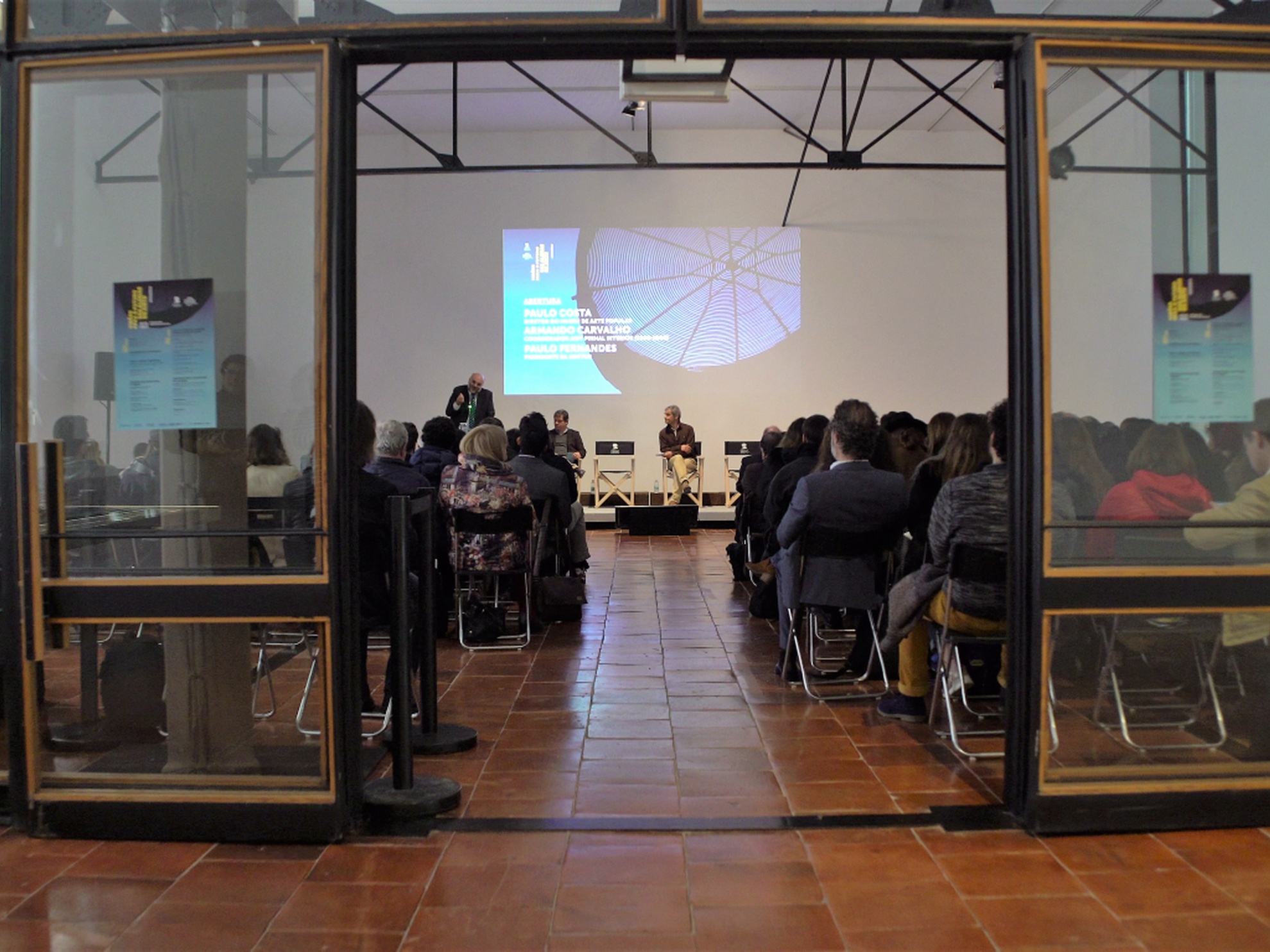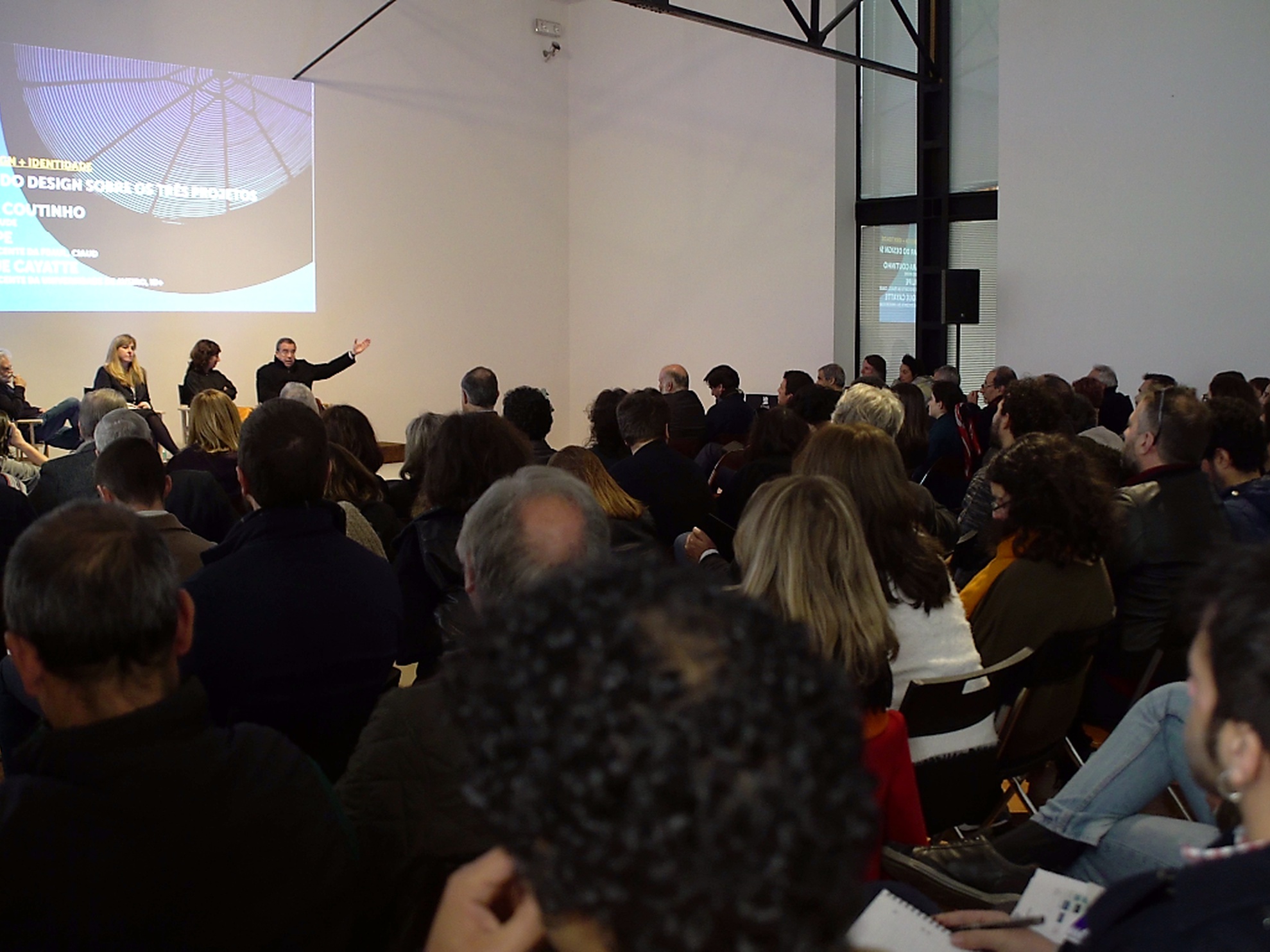“The Aldeias do Xisto project does not bring in votes, but it provides something much more important than that. It points to the future. This solution is magnificent: by bringing together central government, local authorities, universities, associations, communities and multiple generations, and taking advantage of a very rich heritage, it could not be more cross-cutting”. These were the words of the Portuguese President who, on 18 January, surprised the organisation and participants of the Seminar Visions for the Future of the Aldeias do Xisto, organized by ADXTUR - Schist Villages Tourism Development Agency, which took place at the Museum of Popular Art, in Lisbon, and debated the role of the villages in the ways forward for Portugal and the world.
Marcelo Rebelo de Sousa then went unannounced to visit the exhibition Lusitanian Agriculture, something which he does in his rare spare time, he confessed. Invited to open the afternoon sessions, he offered the following contribution. “The Aldeias do Xisto are a project for Portugal, and, I might say, for the world, because they show how the country has changed for the better”, he said. He also stressed the importance of a strategy involving action that transcends borders and standard administrative divisions.
“We need to take this example, which is a pilot, and share it in communities and beyond, make it known and provide it with economic and social sustainability, thereby allowing communities to live not from the past, but with the past, in the present, while facing the future. This exhibition has travelled to many places, but it is important that the concept is now understood here, in Portugal”.
The Portuguese President left to loud applause, assuring that his “surprise intrusion” had given him “deep, unlimited pleasure”.
Continuity within a labyrinthine path
ADXTUR’s positioning and openness have won the admiration of Adélia Borges. “A very brave initiative”, which fearlessly opens up the project to analysis by third parties, the critic, curator and historian of design and handicrafts all considered. “The Aldeias do Xisto are a kaleidoscope of initiatives that contribute to the appreciation of the area”, and the project now needs to go into “cruising mode” to provide sustainability and find new forms of income, she concluded. For the Brazilian specialist, the challenge now is to know how to deal with “identity in constant change” in “perpetuity”.
Incidentally, the word Continuity was heard at various times throughout the day. Likewise, Bárbara Coutinho, director of MUDE- the Museum of Design and Fashion, also highlighted this as the main challenge for the future. How can this “collection of unique objects contribute to the sustainability of the Aldeias do Xisto and to the self-esteem of those who develop them?” and “how can culture be a factor for local and national development?” were two questions she added to the debate.
The difficult issue of finding answers to these and other questions was highlighted by several speakers. The vice-rector of the University of Aveiro for Regional Cooperation understands that “sites like the Aldeias do Xisto have to juggle with contradictions: past and future, tradition and innovation. It’s a difficult combination, but these contrary positions are necessary”. For Eduardo Anselmo de Castro, “the second home is an essential way of nurturing these sites”, as “the interaction” between new and old residents “generates a new authenticity”. Starting from the concept of innovation, which depends on a combination of multiple factors on which it must act, the vice-rector of the University of Aveiro concluded that ADXTUR has been able to experiment with new ways and seize new opportunities.
Labyrinth was one of the concepts used by Álvaro Domingues and Maria Ana Botelho Neves to illustrate the complexity of the path. "The path is labyrinthine”, said the geographer, underlining that “this is an authentic challenge for the reinvention of things, which must treat memories and places with respect”. And, in this aspect, he stressed that the work developed by ADXTUR is executed “very clearly, without rhetorical flourishes”. For her part, the designer and researcher at Bangor University, warned: “There are no perfect solutions. There are labyrinths, we are going to get lost and only those who have the courage to do so commit to such pathways”. Maria Ana Botelho Neves also stressed that the Aldeias do Xisto represent the practice of ideas that, in Europe, are still being theorised.
For Francisco Providência, designer and lecturer at the University of Aveiro “the paths that might guarantee the sustainability of the Aldeias do Xisto will be both motorways and goat paths”. Warning of the diversity of options, he considers that “boosting design and craftsmanship without losing sight of the characteristics of each of them”, can be one such path.
The designer Henrique Cayatte also highlighted the symbolism of holding the Seminar at the Museum of Popular Art, evoking the history of the 1940 Portuguese World Exposition.
21st Century Luxury
Authenticity, exclusivity, uniqueness. A combination that represents, according to the Head of Turismo Centro de Portugal, “the luxury of the 21st century” and that will guarantee the success “of this crusade”. Nature and biodiversity, well-being, food and wine, artistic, cultural, sporting or business events and individuals are some of the strategic assets identified by Pedro Machado and in which it is necessary to invest heavily. “Apart from the sea, there is everything in the Aldeias do Xisto", he states.
Pedro Pedrosa, CEO of A2Z Adventures, argues that the focus on nature tourism is one of the best ways to attract people to the villages. "It is essential that there is economic activity and nature tourism can do that”, he ponders. “Focusing on programmes that fight seasonality and deliver what people are looking for”, as can be achieved, for example, around electric bicycles, are some of the possibilities he suggested. It is a matter of “turning the land into desires”.
“For villages to have life, it is not enough to restore houses. In addition to the physical structures, there must be other components. In Cerdeira, the focus was on job creation and the arts”, mentions the co-founder of Cerdeira – Home for Creativity. For José Serra, fibre optic infrastructure and electric car charging points are two issues that need to be resolved in order to meet the principal objective: “that the villages be permanently inhabited”.
Because it is important to know what is being done and what is happening before we can reflect, the Seminar programme included the presentation of 5-minute pitches from various projects that represent the diversity of proposals that the Aldeias do Xisto have generated, and continue to generate, for the different markets. Works that start from the most distinctive characteristics of each place and establish creativity, experimentation and innovation. “We always co-create. This is one of the qualities that we must never lose", reminded Paulo Fernandes, head of ADXTUR.
An improbable consortium, essential for the country
It was indeed a very enriching day. National and international personalities from different disciplines, such as tourism, design, geography and economy attended the Seminar Visions for the Future of the Aldeias do Xisto, contributing their knowledge, analysis and perspective, and their constructive criticism. These were crucial moments of sharing in the search for the path that we mean to follow. “Very interesting issues have been raised and left hanging in the air”, stated Paulo Fernandes, the head of ADXTUR, in his closing speech.
“We do not devalue first impressions, we never devalue the opinions of those who visit or contact us for the first time and we want to open ourselves up even more to all those who want to contribute”, he assured, noting that “the diversity within the Aldeias do Xisto causes a certain level of complexity in the creation of a recipe, a perfect solution”.
This is also why, “as mediators, we always try to bring in other organisations and approaches”. Paulo Fernandes also highlighted the idea that this area, where the “most unlikely consortium” was conceived and which calls itself “a map of the countryside”, turns a basic question upside-down: “we normally question what the country can do for the villages, but this is a well-organised region that generates opportunities and asks what the villages can do for the country and its positioning in the world”. What is certain is that “the Aldeias do Xisto are useful and essential for the country’s development”.
This was also the observation of Armando Carvalho, former Coordinator of Integrated Action for the Land Base of Pinhal Interior. “ADXTUR’s story shows how you can make a difference in areas where resources may be scarce”, he mentioned in his contribution.
By backing “activities that promote local resources” and which, as exemplified by the Lusitanian Agriculture project, have recourse to elements like “creativity, strategy, scale of action, differentiation, innovation, partnerships, links, contemporaneity, affection, which is like telling people”, ADXTUR has shown “politics a way of mending the holes in the Interior”.
An idea also stressed at the end by Jorge Brandão, member of the Centro2020 Steering Committee, recognizing that the Aldeias do Xisto are a new way of facing and dealing with public policy. “They are a decisive project in terms of the competitiveness of the Central Region and the country” and, as such, should continue to be supported.
Text: Andreia Gonçalves


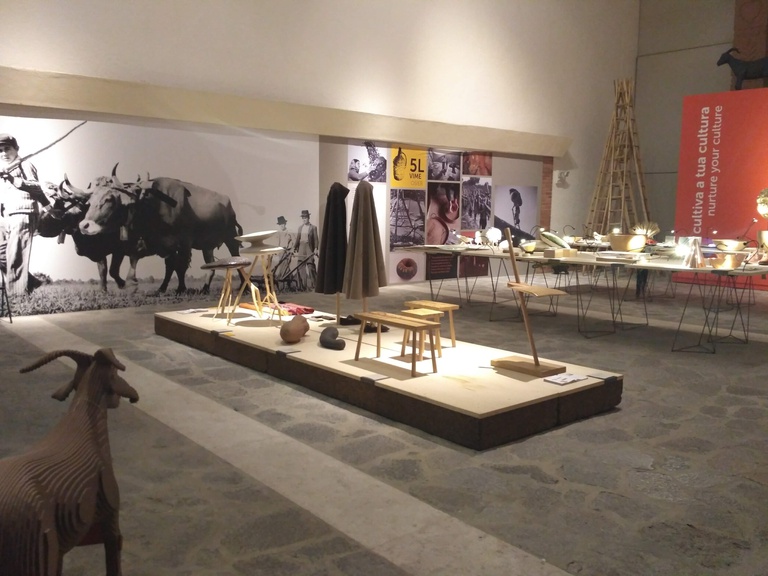
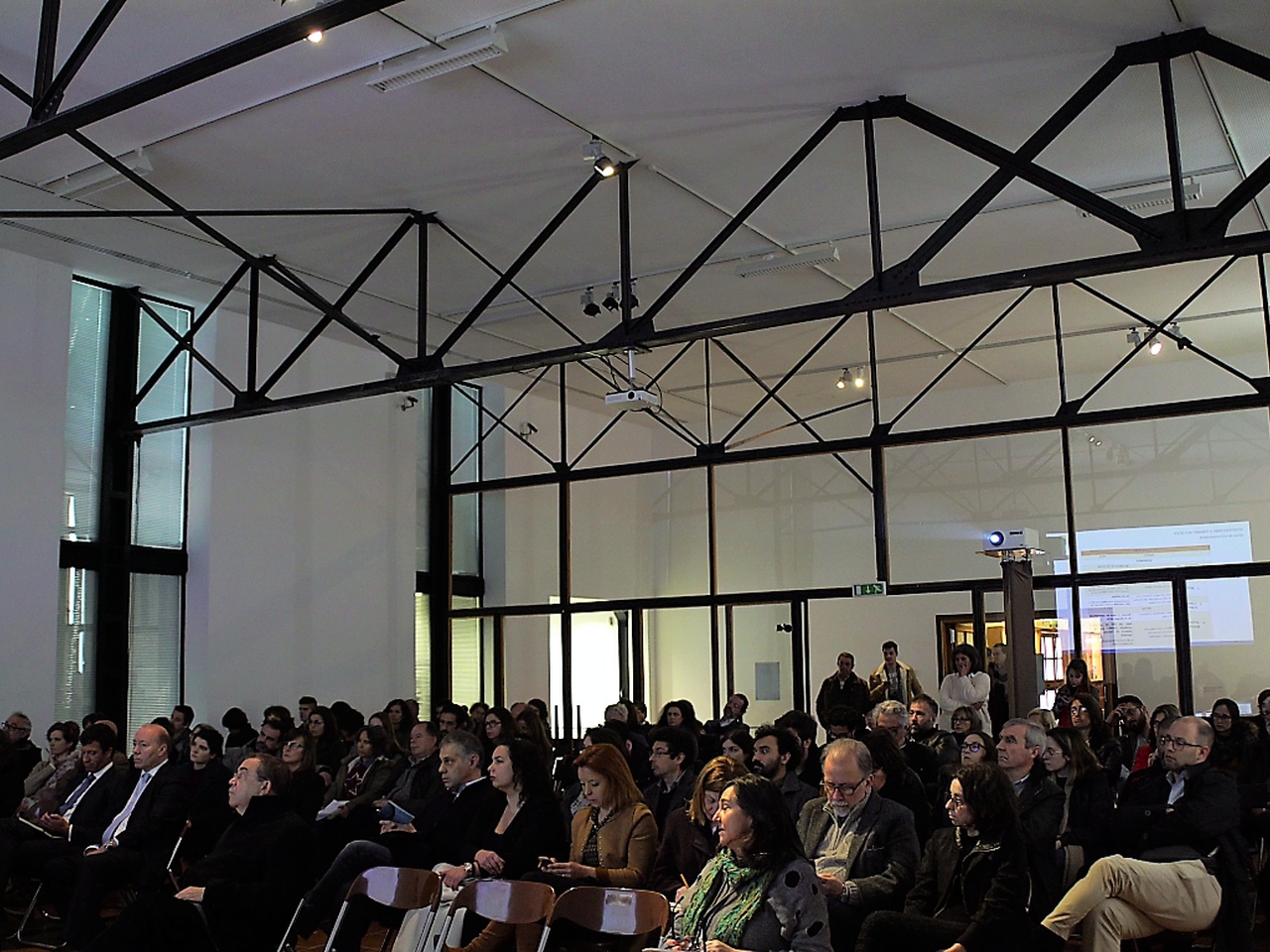
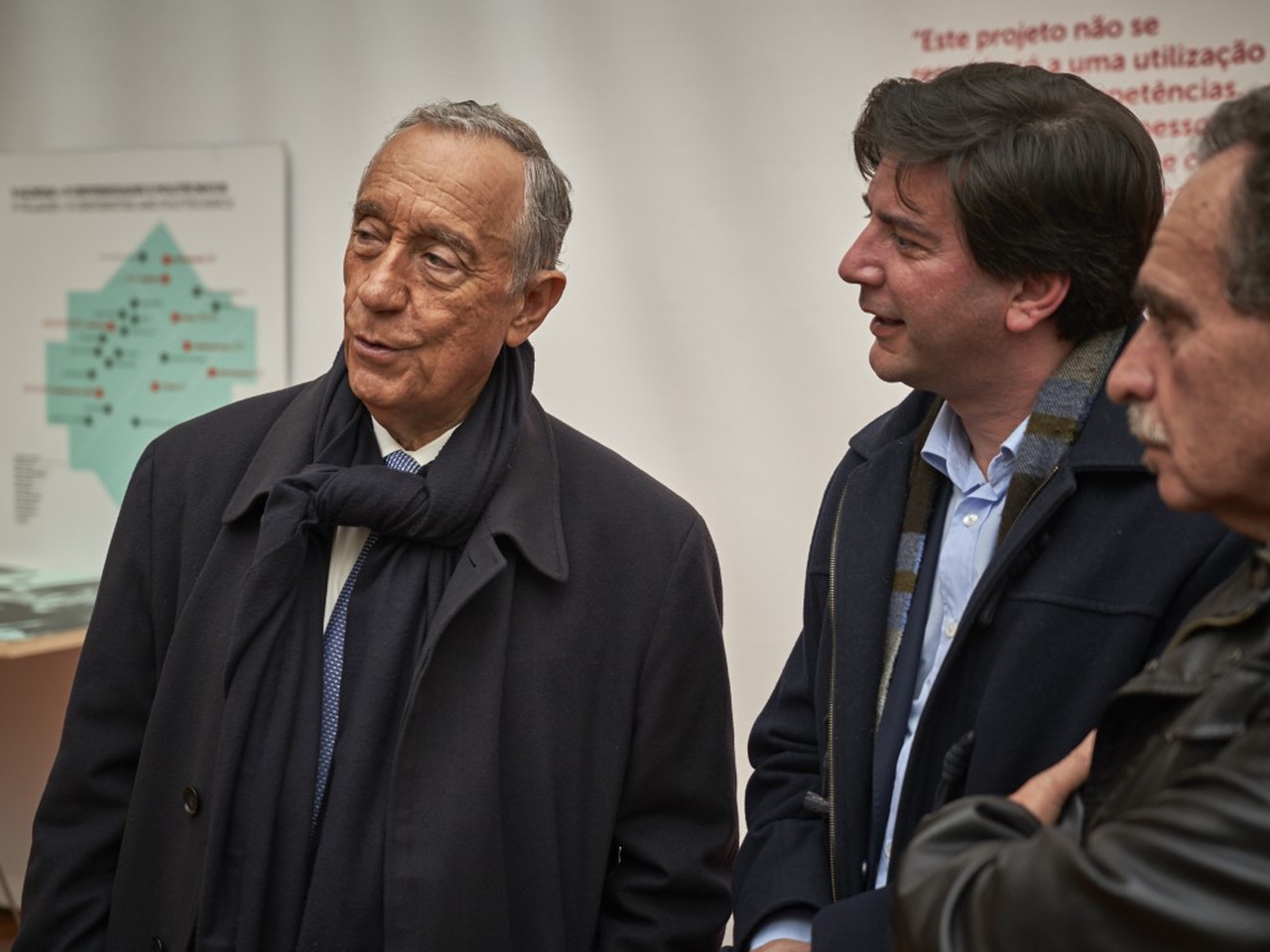
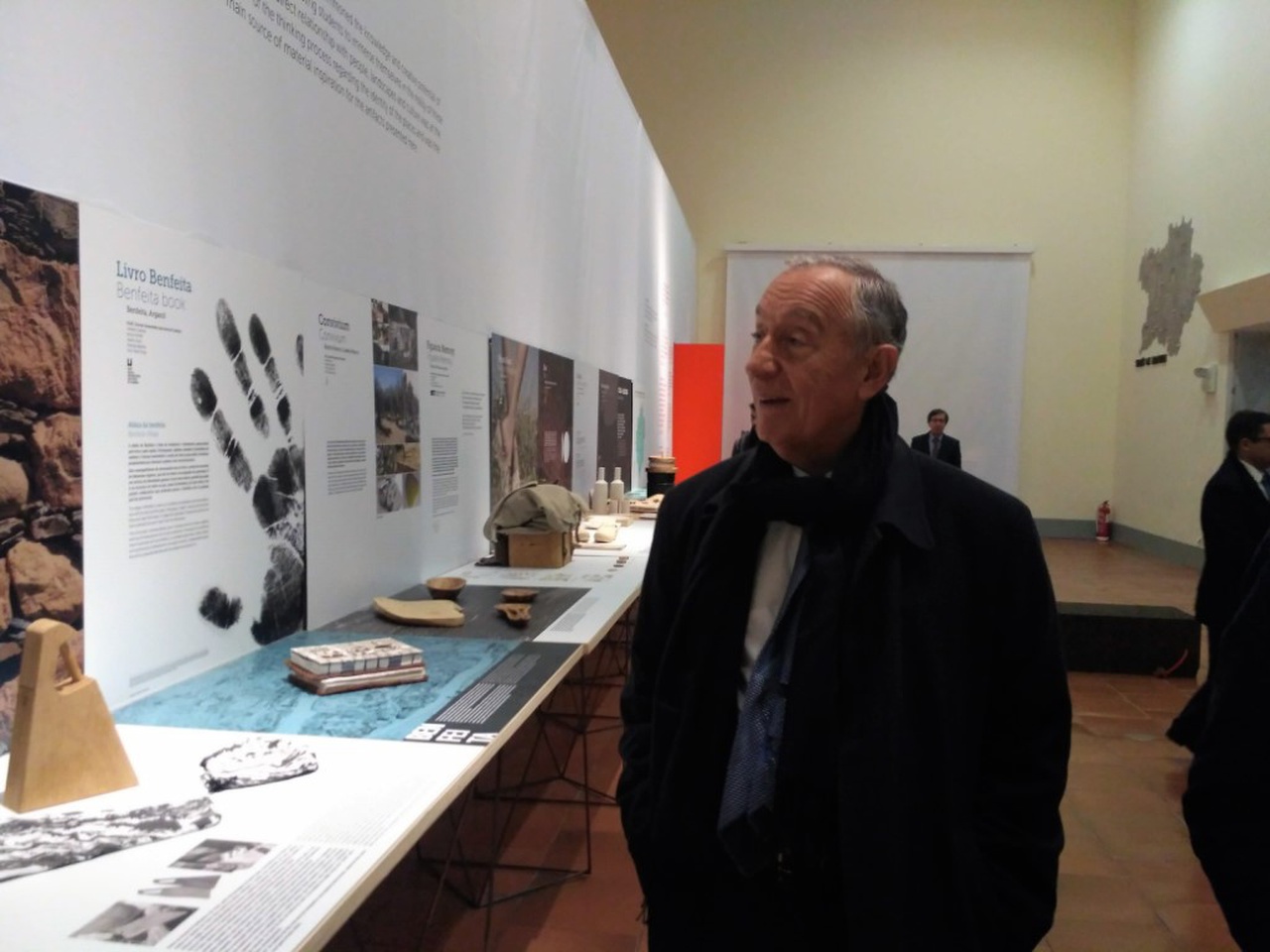
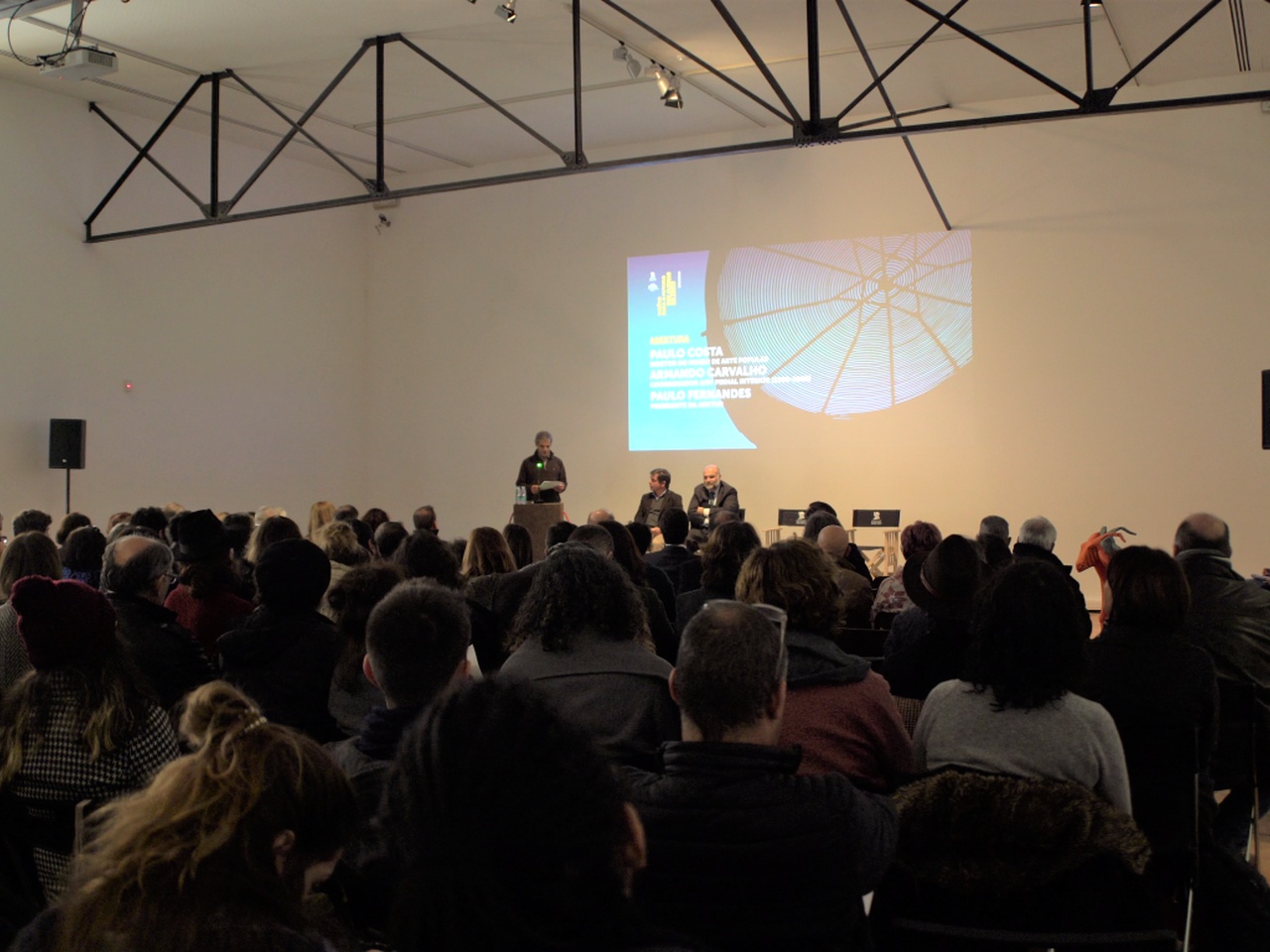
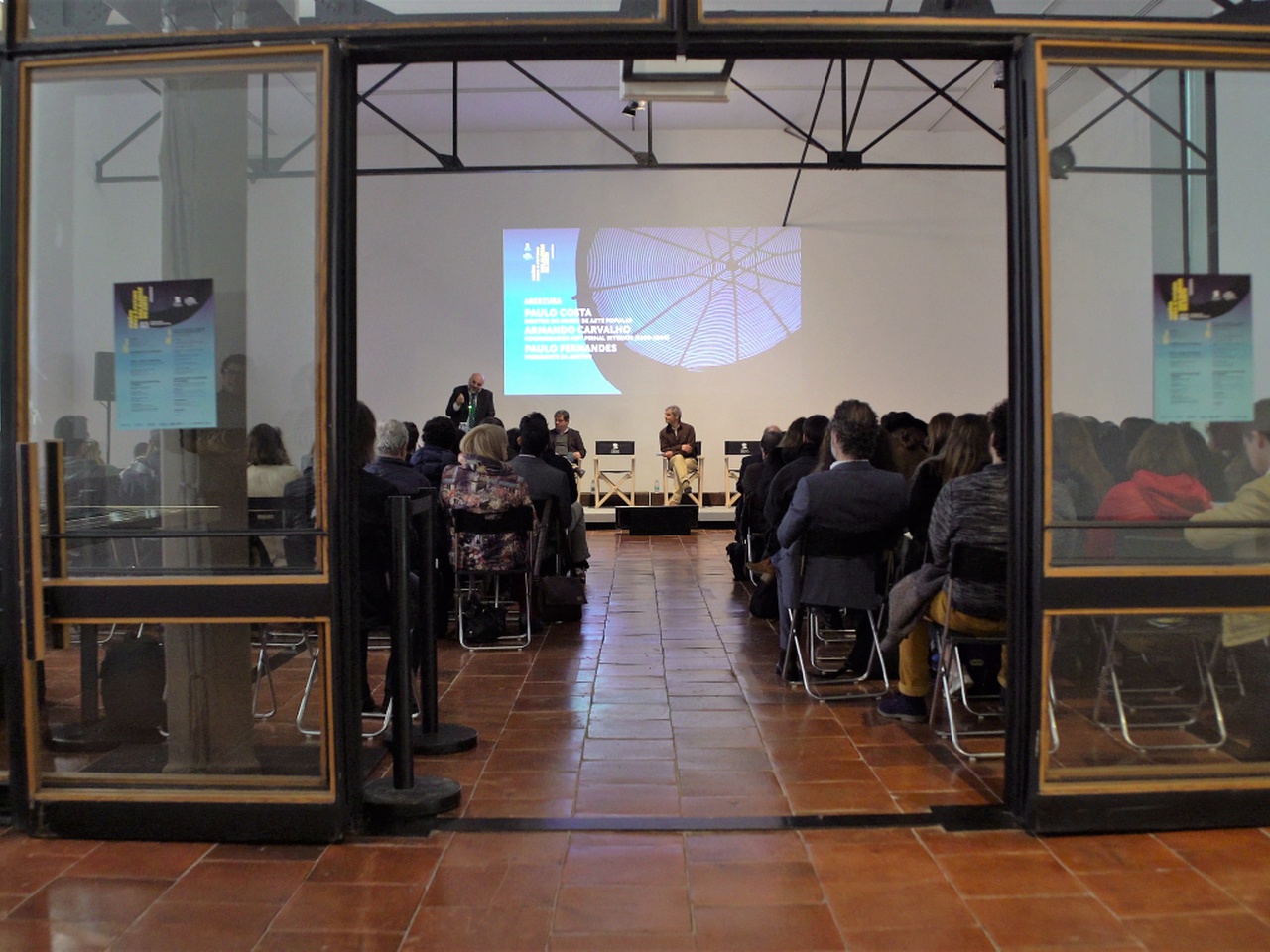
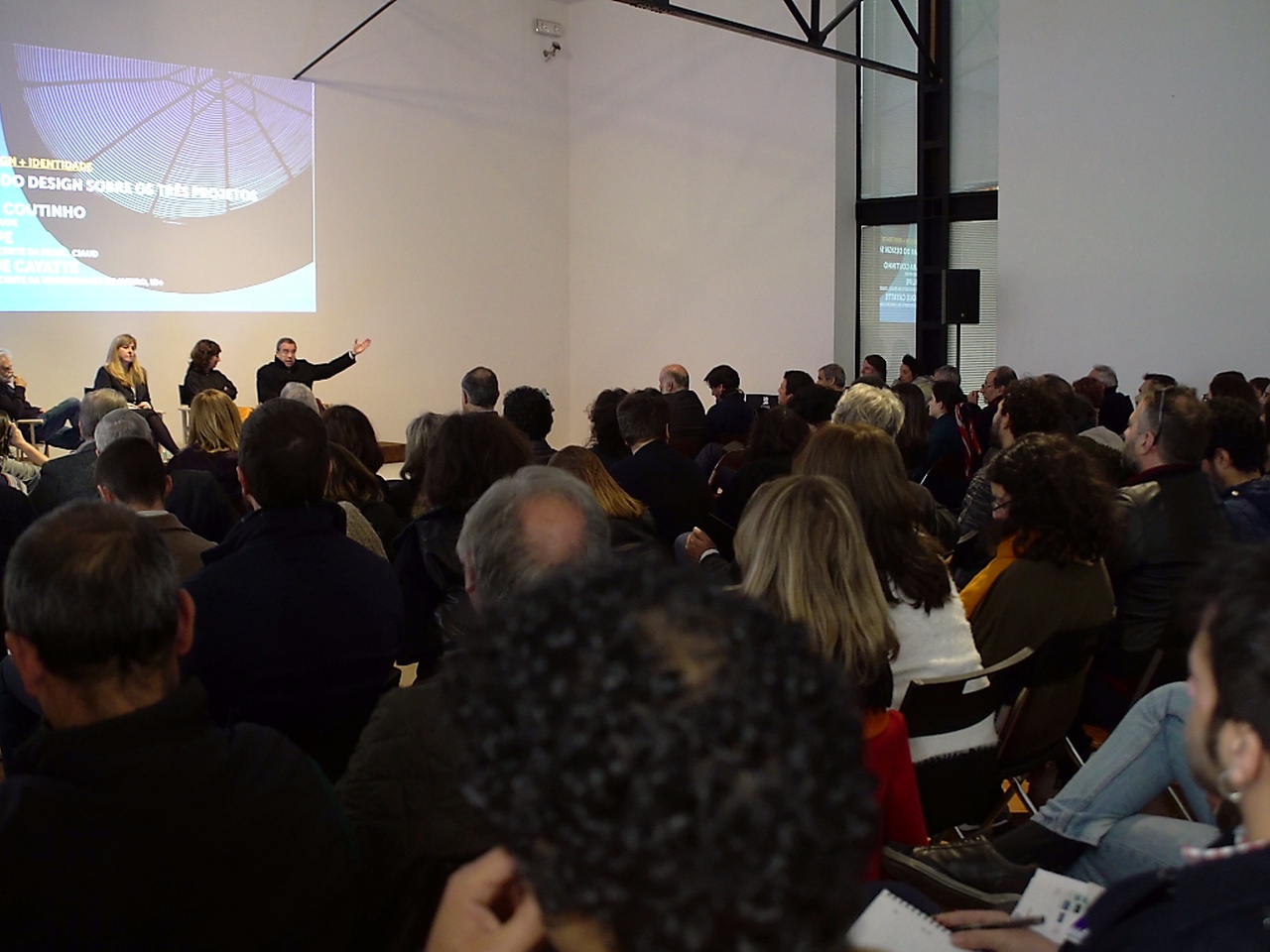
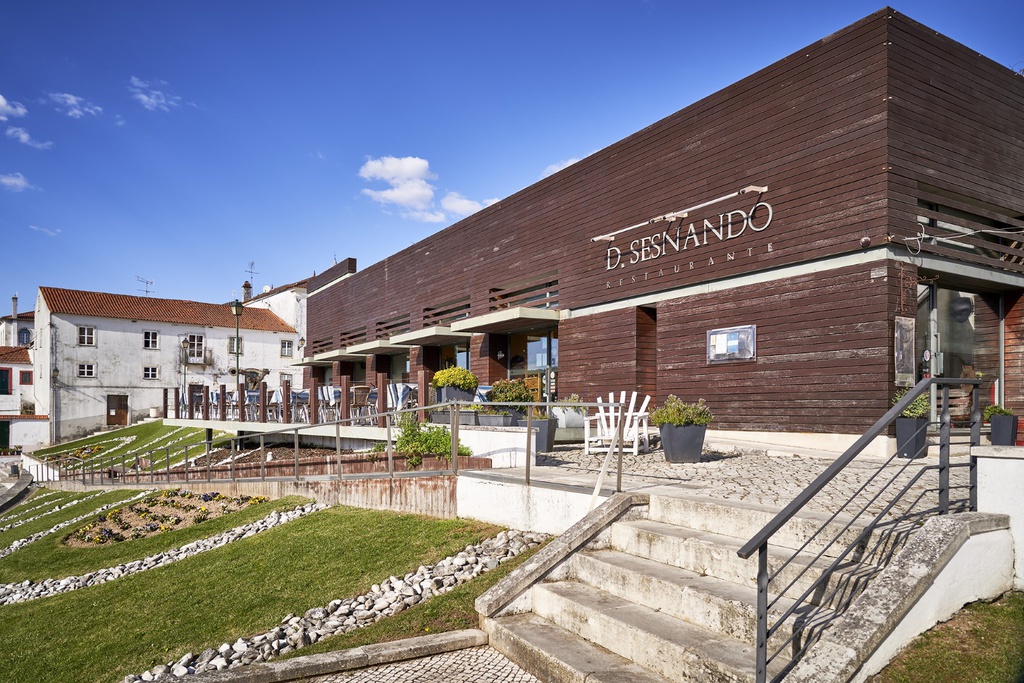
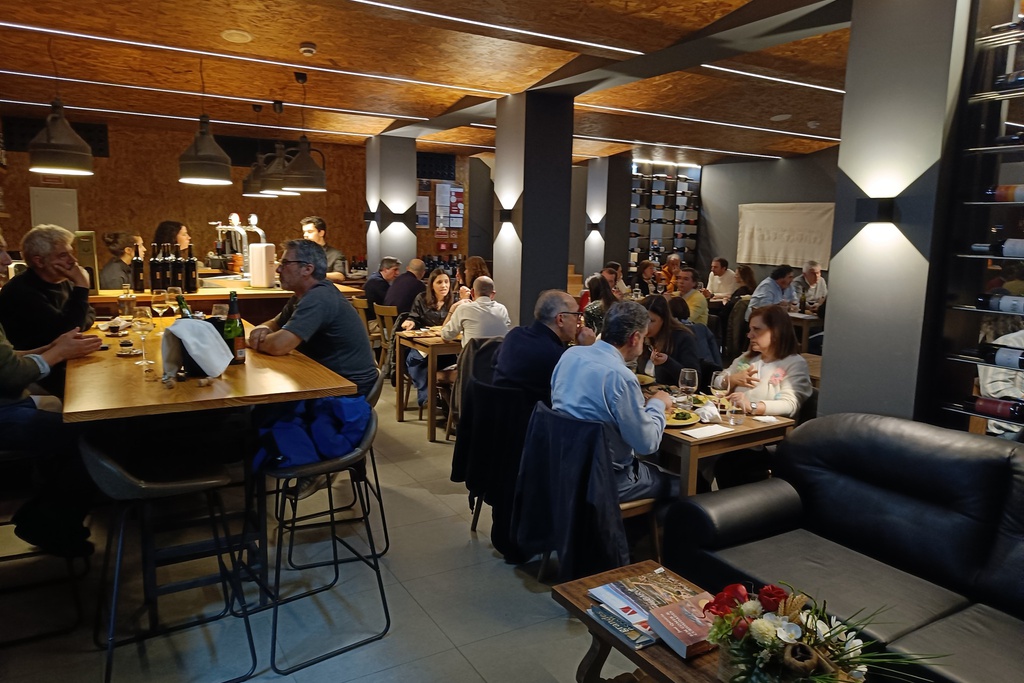
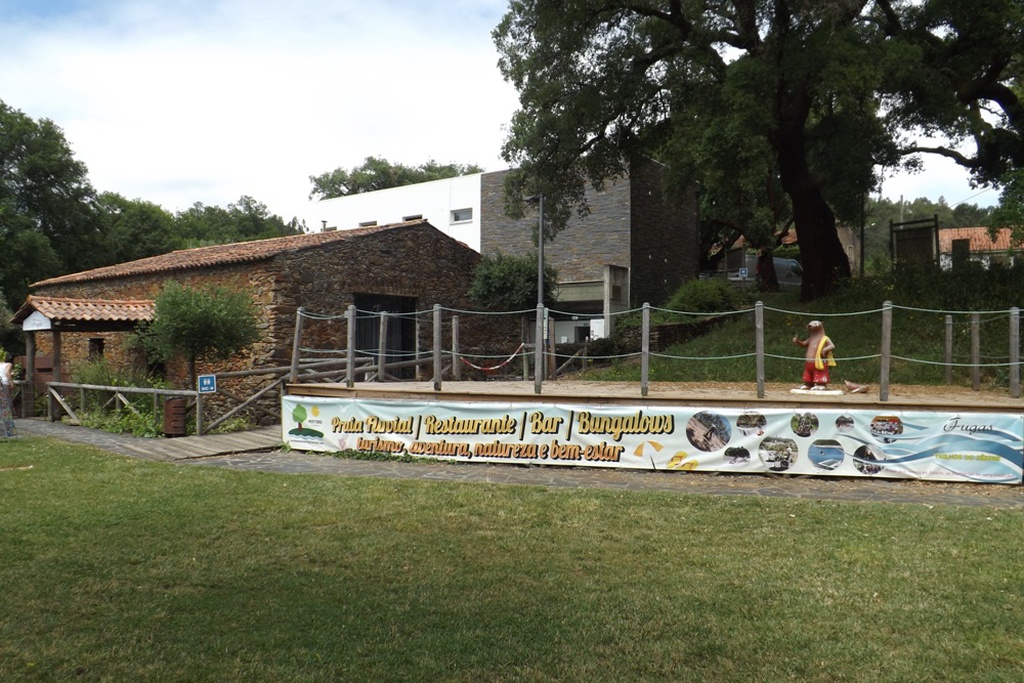
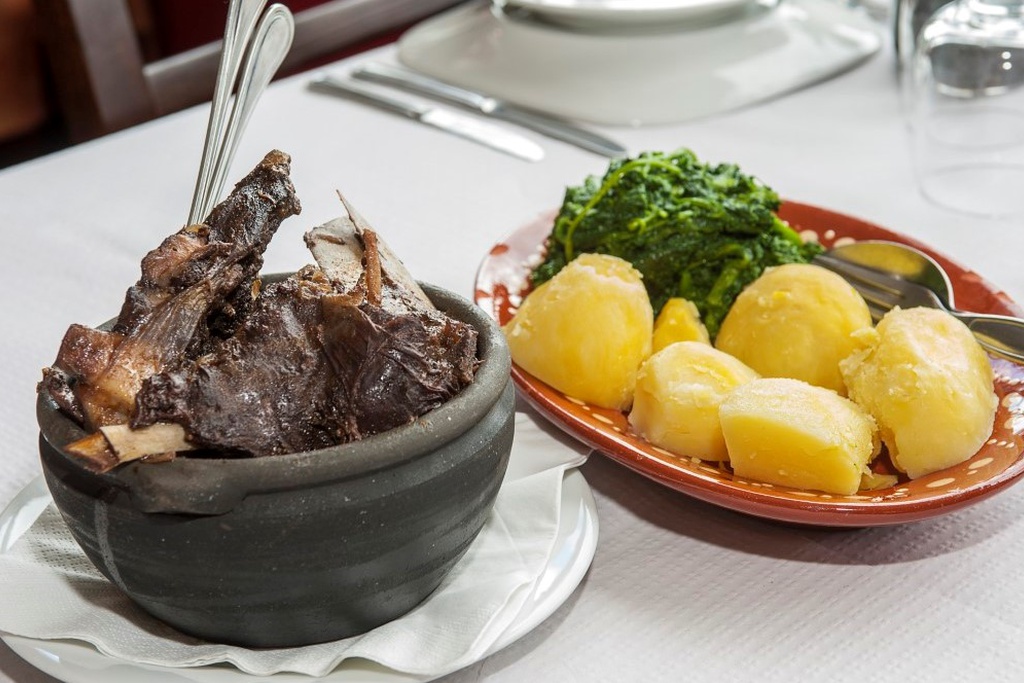
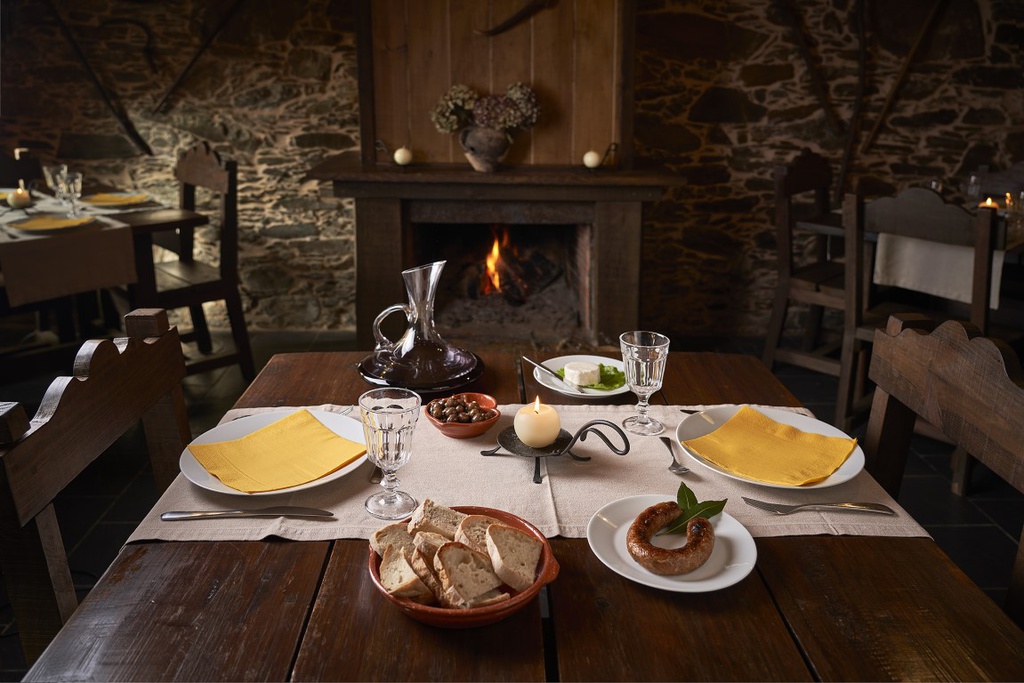
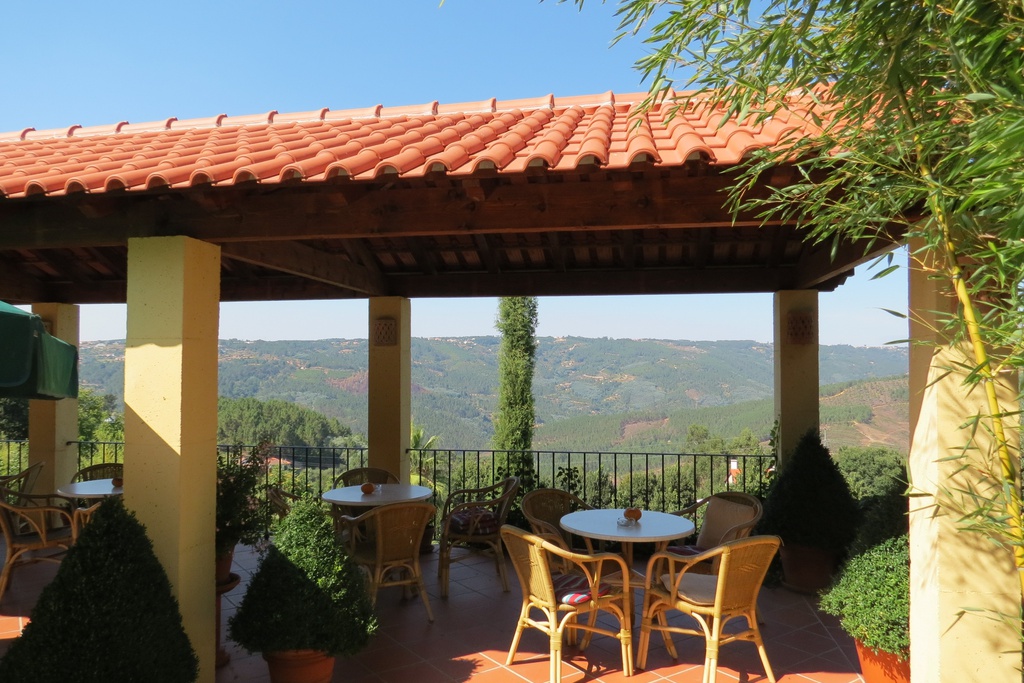
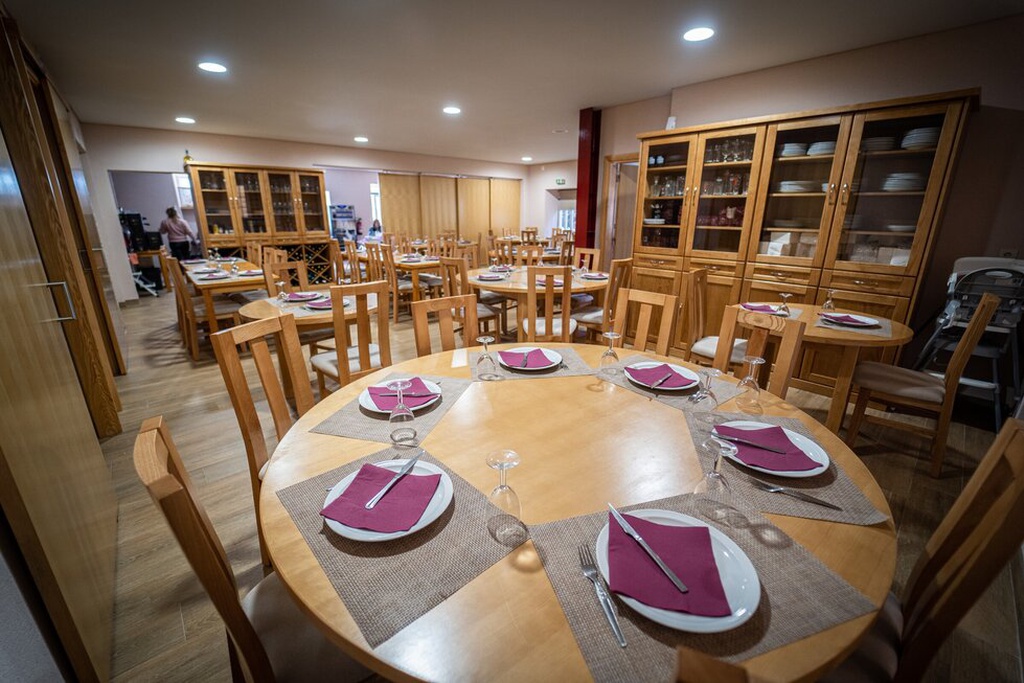
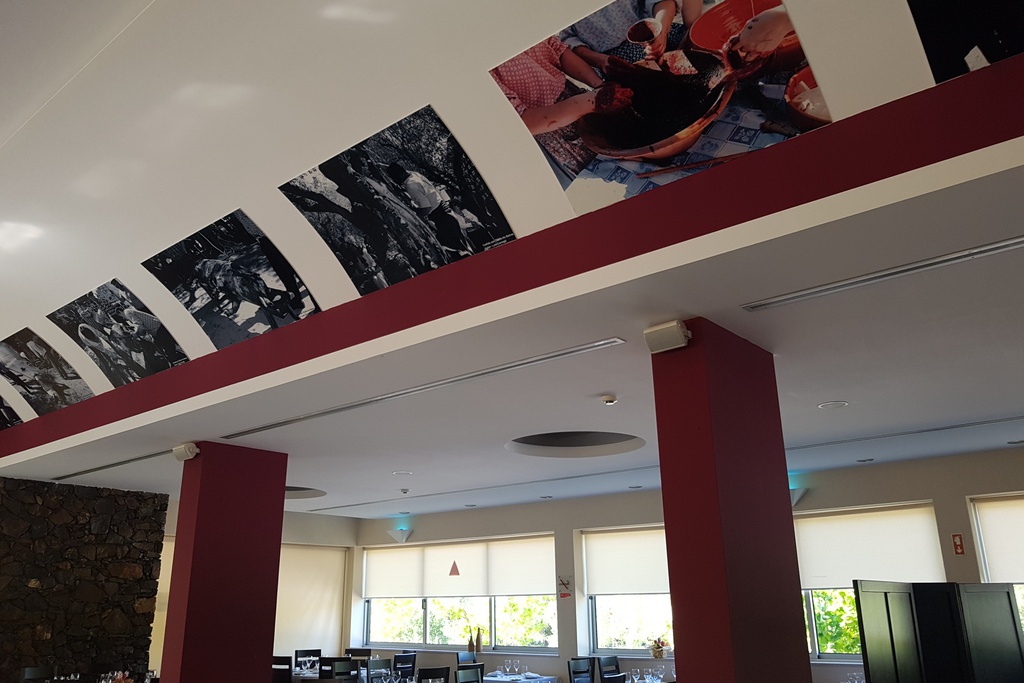
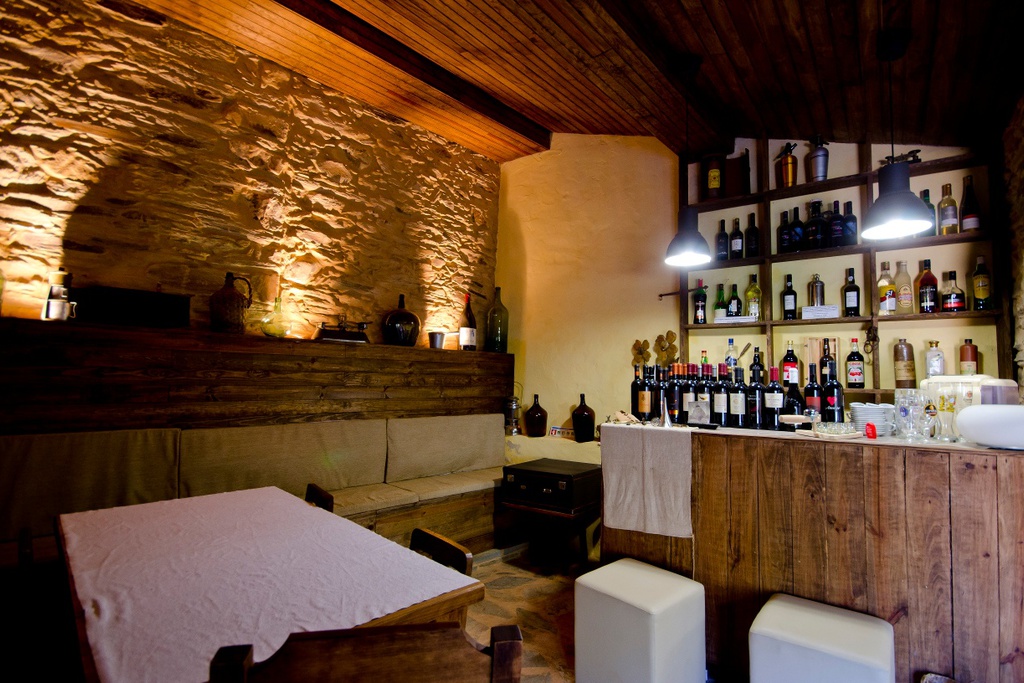
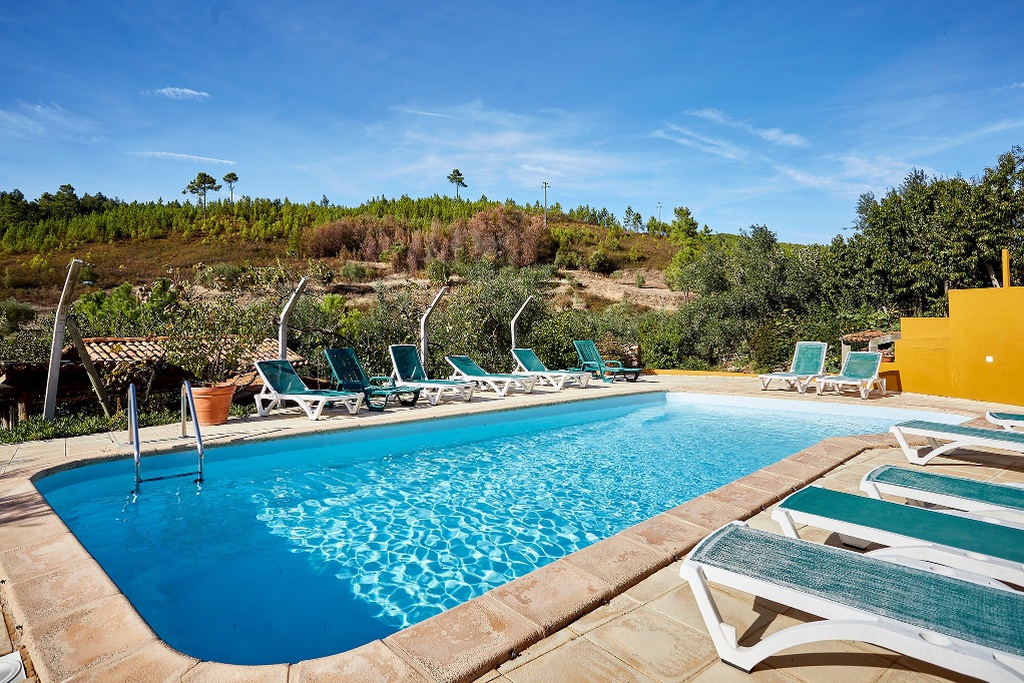
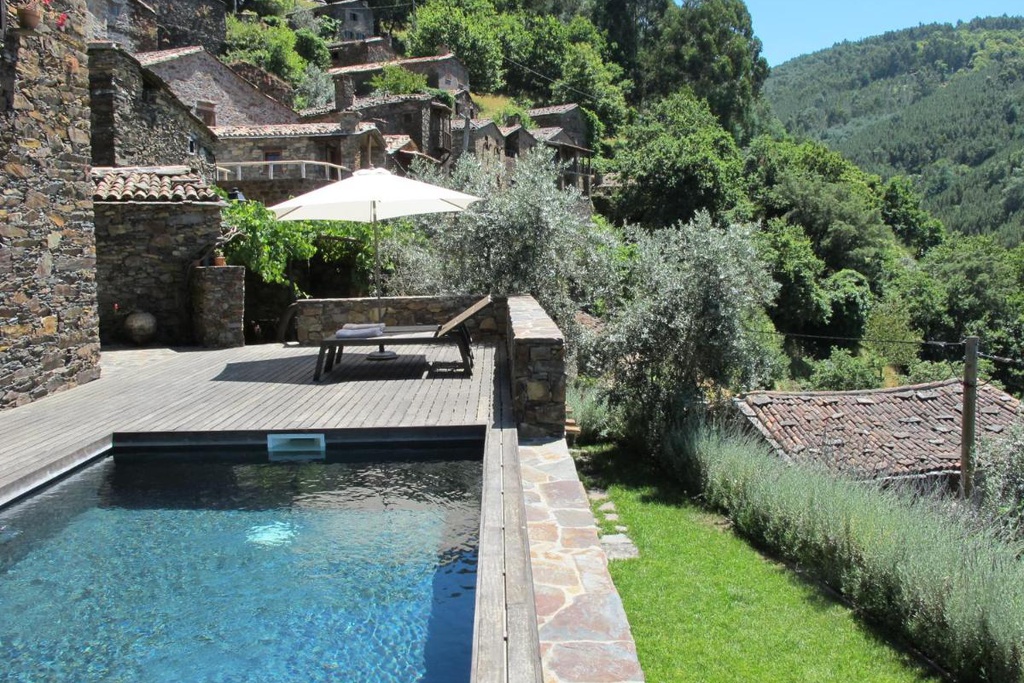
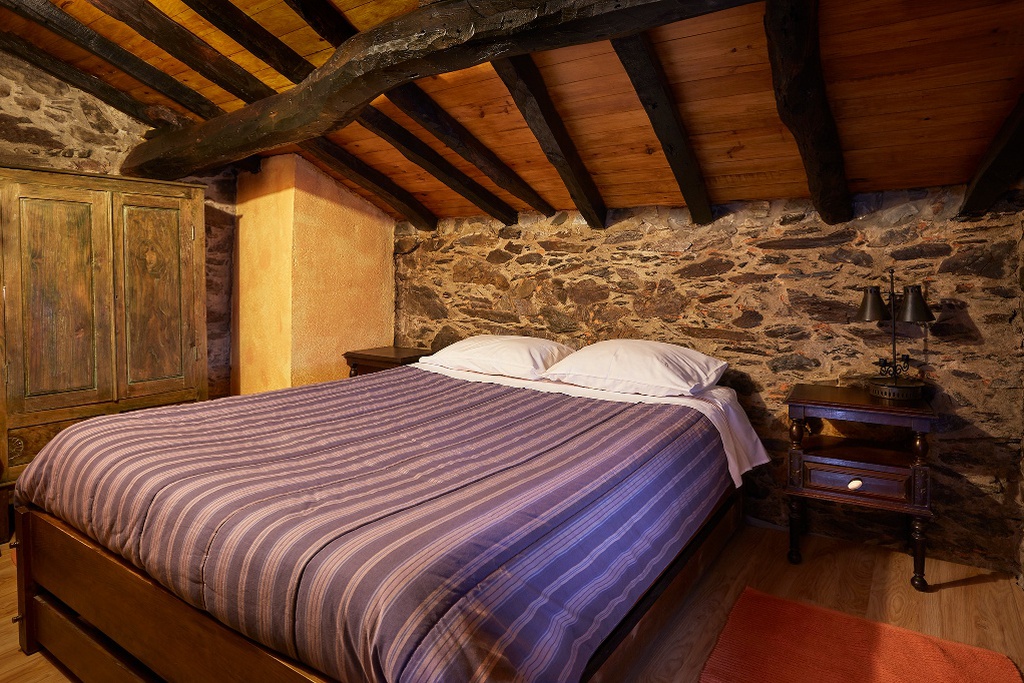
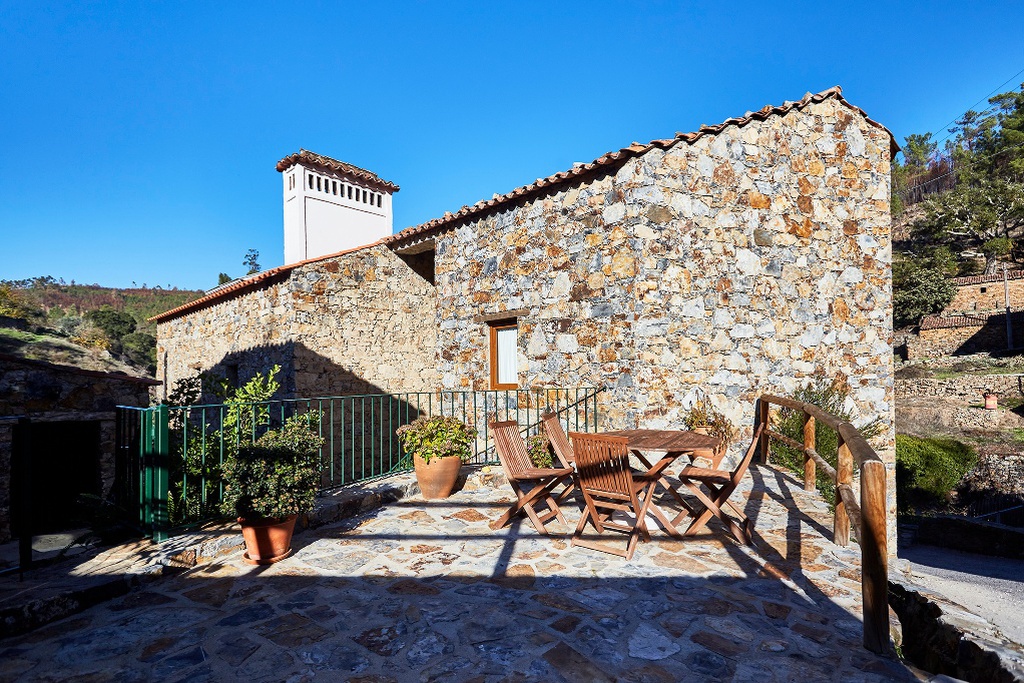
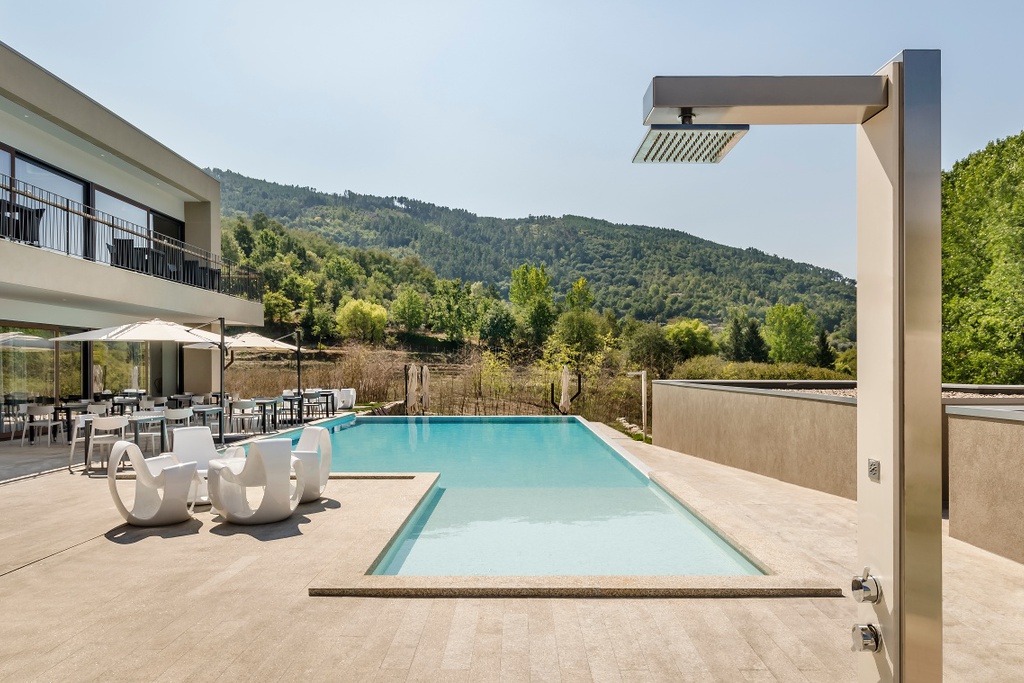
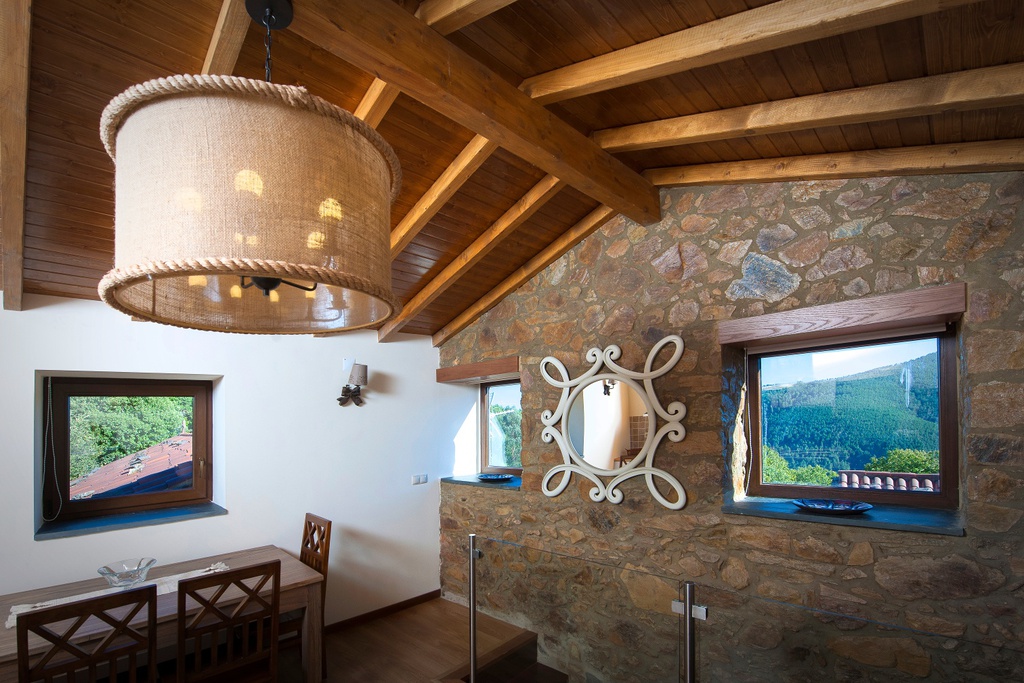
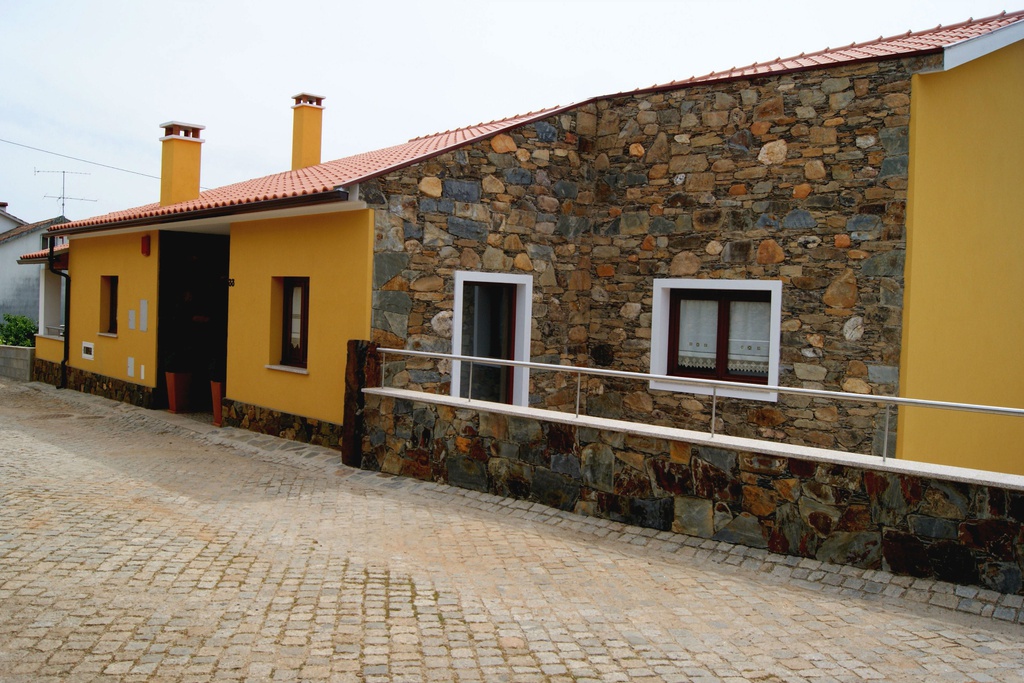
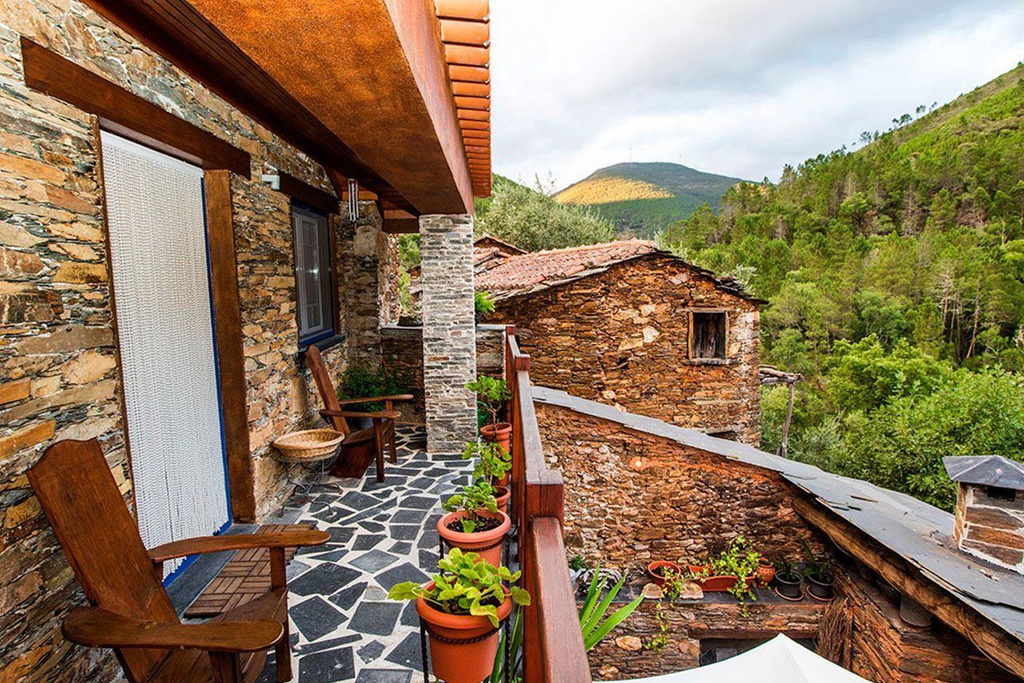
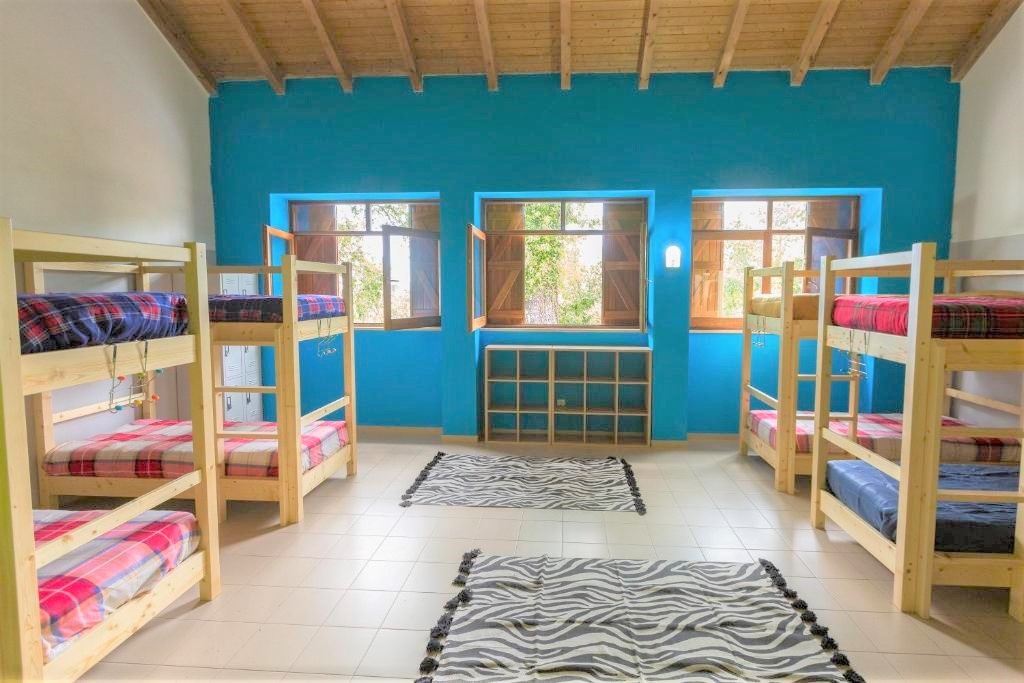
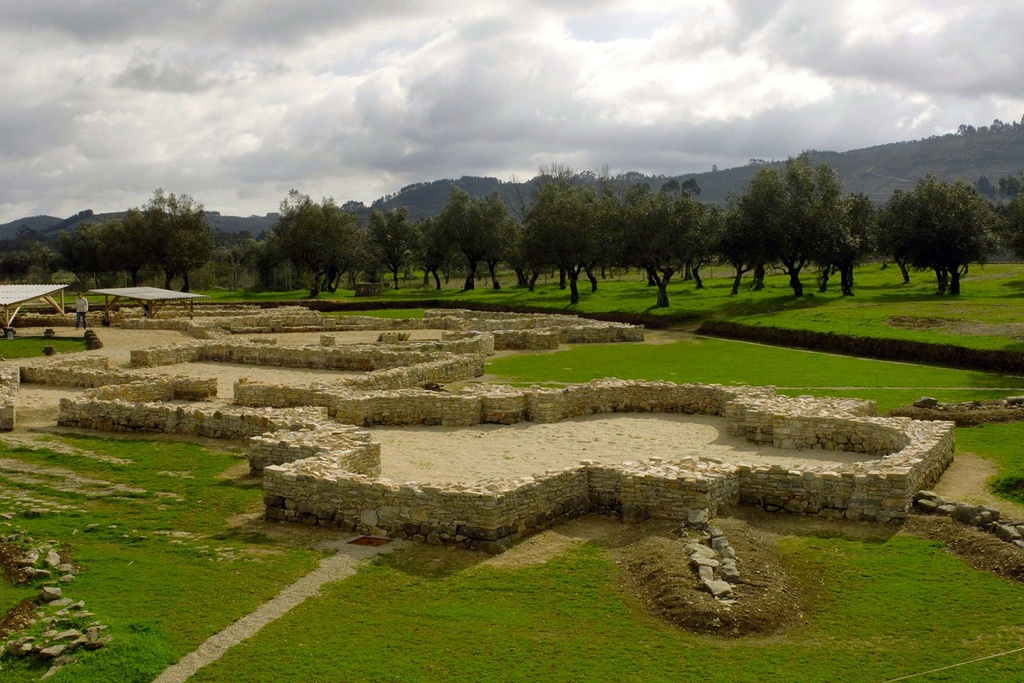
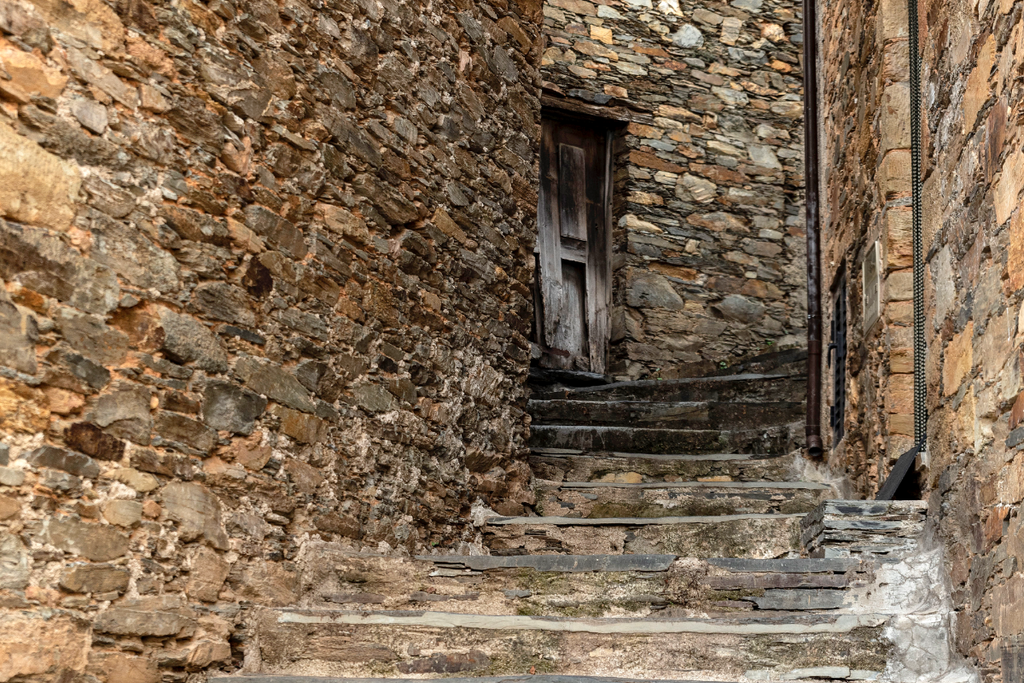
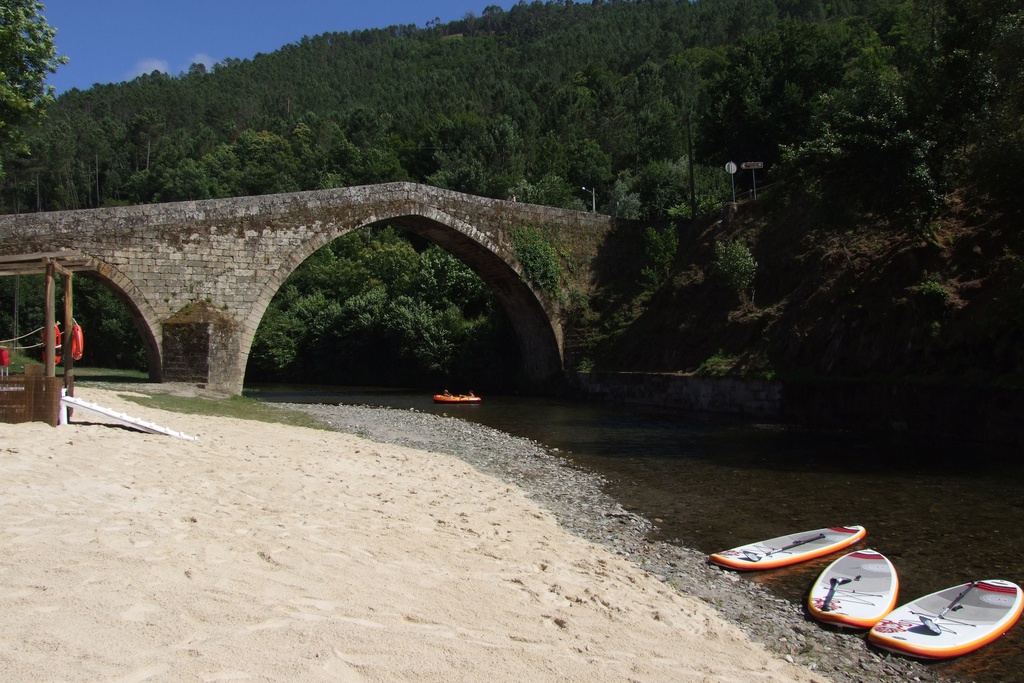
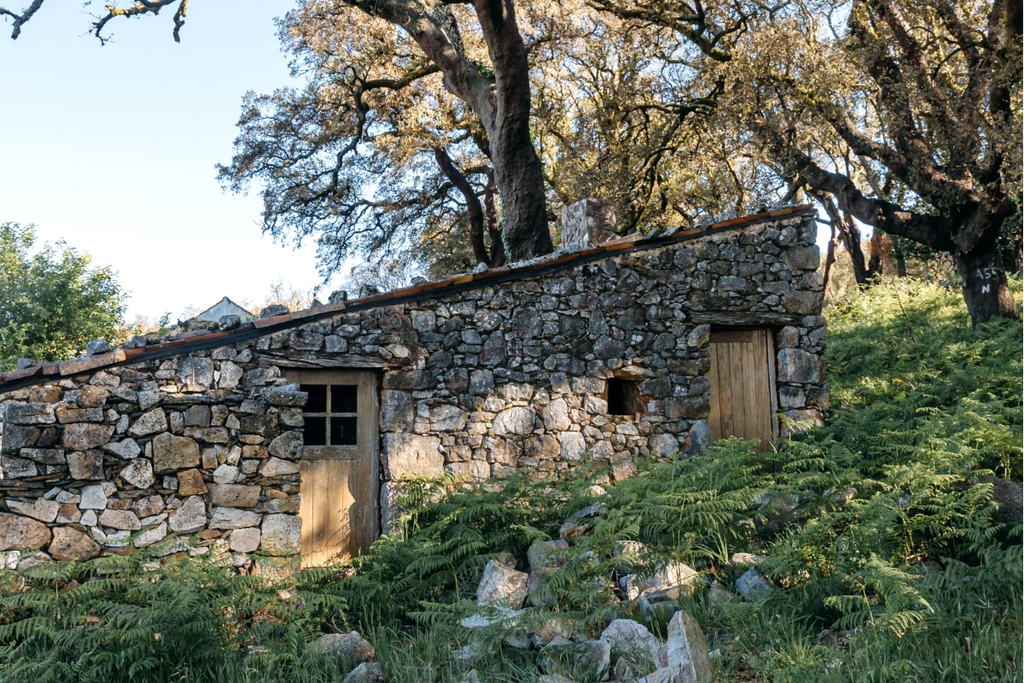
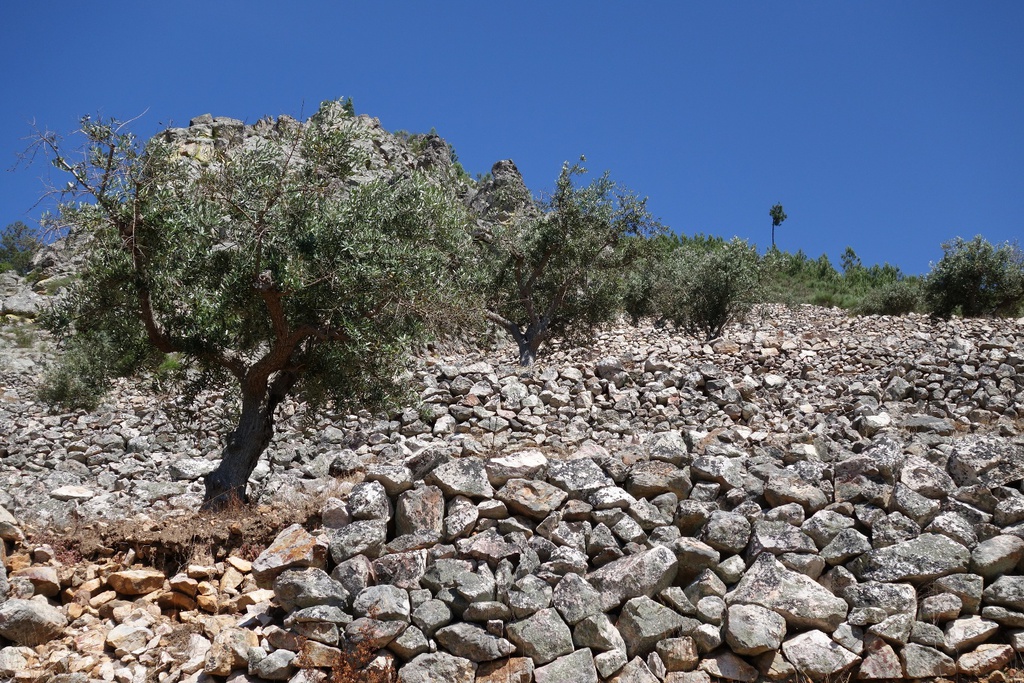

![Mining Territory [GRZ - MTB sector 3]](/media/filer_public/55/7b/557b2251-626f-458d-97c4-76f96a6e4f7c/aldeias-xisto-aldeias-xisto-terra_mineira_c381rea_de_descanso_do_barco__cabec3a7o_do_pic3a3o_gr33_-_grz_etapa__mam9mil.jpg.1024x683_q95_crop_upscale.jpg)
![Irrigating Cova da Beira [GRZ - MTB Sector 2]](/media/filer_public/f0/25/f0253b52-af95-475a-a6c1-6eccced0fca6/aldeias-xisto-aldeias-xisto-irrigando_a_cova_da_beira_peso__barco_gr33_-_grz_etapa_6_ssc6w0b.jpg.1024x683_q95_crop_upscale.jpg)
